It takes a village to raise a child…
Our Community
'Our village Montessori is a tutorial hub for home educated children and their families. We offer hands- on skills based educational workshops in a unique family social context. So ...whether you nurture, electively home educate, home school, home learn, un-school, home tutor, weekend teach ...welcome to Our Village.
Our Home Education Community is based in the buildings and grounds of Uplands House, situated on the rural outskirts of Malton, North Yorkshire, we are an accredited Montessori community offering tuition and hands on learning to children aged 5 to 12 years+ from the Ryedale, York, Scarborough and outlying areas.
We offer:
- daily workshop programmes Monday - Wednesday supporting core subjects i.e. mathematics, language & literacy. Science & Earth studies
- we can also provide 1-1 tuition in mathematics, literacy and grammar and reading recovery
Our community supports a Partnership Hub linking Home Ed. parents to the Montessori method and practice in the home via 'How to' sessions, workshops and Thursday field trips. As featured in the Green Parent Alternative school Guide 2023
Nurture Baby & Nurture Together Communities programmes (birth to walking) & (2-6 year olds) are offered to parents and children who participate in side by side classes, These are run in the village community's clubhouse, these are neither playgroup nor daycare, but calm dual learning opportunities for both parent(s) and the child to be involved in the discovery process together, each programme use proven Montessori accredited methods.
The Clubhouse Community acts a venue for Table Top Gaming, week day Out of school activities such as Coding Club and Minecraft sessions and a tailored weekend party planning service around these themes. The Clubhouse also acts as a venue for private hire for small to mediums sized groups
Art Studio Community, runs a range of indoor/outdoor creative activities including: Canvas painting, Clay Play, Ceramics, Sewing & Heritage crafts. Bespoke art and creative parties are offered by arrangement
All groups are independent and enable children and their families to gain real world experiences and skills in beautiful, well equipped, calm environments. We aim to bring engagement and fun to learning whilst facilitating skills for life.
encouraging every individual towards discovery of passion, purpose & potential.
Our Family
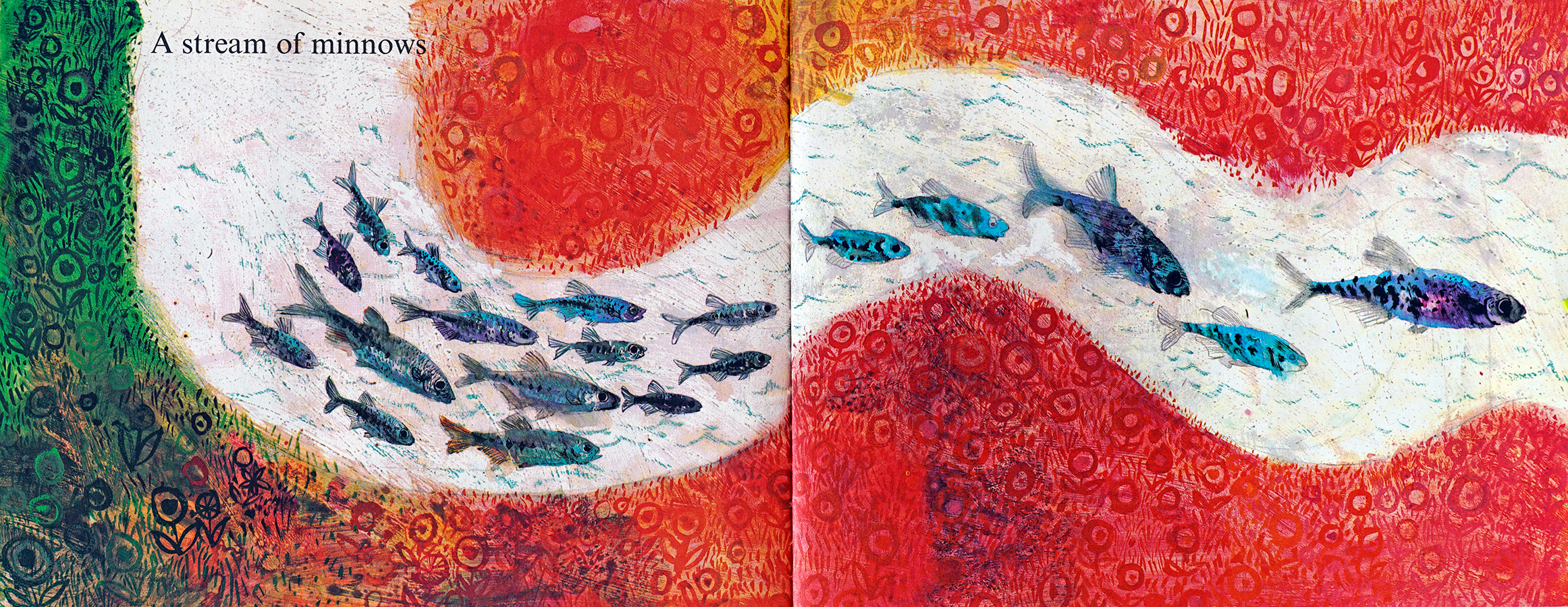
Brian Wildsmith's Minnows
In today's world we would be considered a large family living in a rambling country home in Yorkshire. Whilst some children have grown and flown, a good handful remain including a grandchild. We are without doubt a resilient and diverse bunch, supporting each other through the joys and challenges of multi generational living, learning and working.
During our education journey of the past thirty years, we have experienced a wide range of educational stages and approaches including: Early Years, Primary, Secondary, University, Private, State, Overseas, Alternative philosophy and Home Education. So you could say that our eclectic approach to learning runs deep.
We started to home educate our older children in the nineties as a result of health, diversity and school issues, we also had a stint overseas. About ten years ago our family went through some changing events and it became clear that traditional school and the continual change of the National Curriculum was not in step with our belief in exploratory learning. Now ten years on four children are out of university (only three to go) two of our children having become teachers themselves. Together we have given life To 'Our Village'
Recently state education appears to be running head long towards a total digitized and A.I. format, this we believe may limit curiosity, reducing the desire for physical exploration whilst impeding critical thinking and problem solving. These trends fuelled our decision to focus on the support of home educating families. We remain committed to hands-on learning through real experiences and the Montessori philosophy of child led discovery.
Alongside 'Our Village's’ Montessori philosophy we use complimentary Reggio Emilia, Forest School and Gentle parenting approaches.

Our Village
Home Education Community
Our Community offers part time support as an alternative to traditional school. Being alternative means that we approach learning from a different perspective, our 'education without walls sessions' and in-house workshops use a hands-on approach, supported by real books, real resources, real experiences alongside the facilitation and communication skills of qualified and experienced class guides (teachers). Whilst we see ourselves as progressive, we are tech cautious and do not rely on technology to teach concept. Children are encouraged to discover by using an extensive range of physical learning aids alongside their own endeavour and curiosity, in this way their education is solid and sustainable.
Our curriculum is approached via six broad cultural topics around which the core subjects of; mathematics, literacy and sciences are skilfully woven. Children are gently guided towards a union of both academic and emotional intelligence and a freedom of study that gives time to see connections, develop passions and realise purpose.
Our on site Home Ed. program operates for seventeen and a half hours per week; Monday through to Wednesday, with parents managing and completing the learning process by supporting education in the home, using techniques and materials shared via our partnership hub.


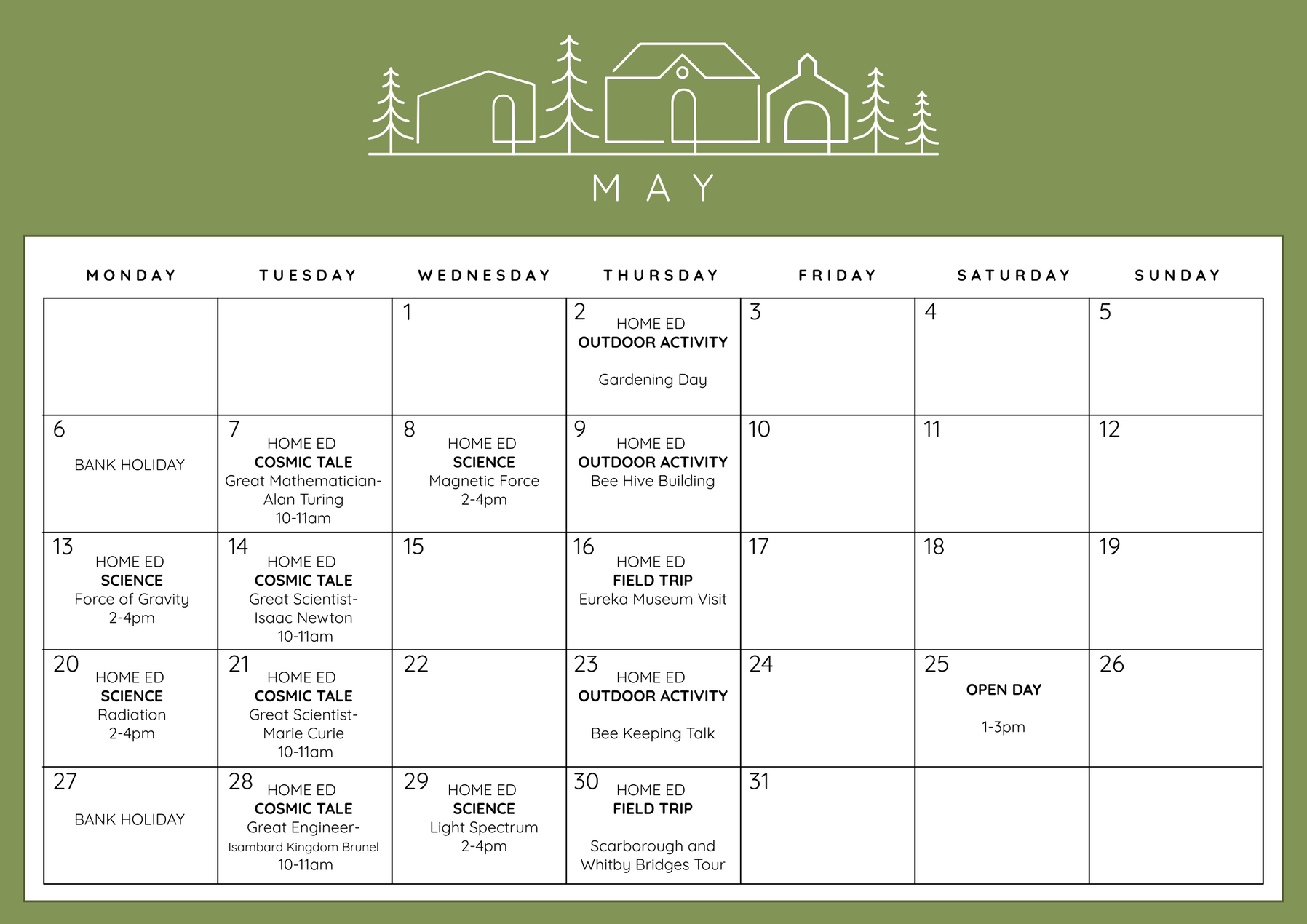
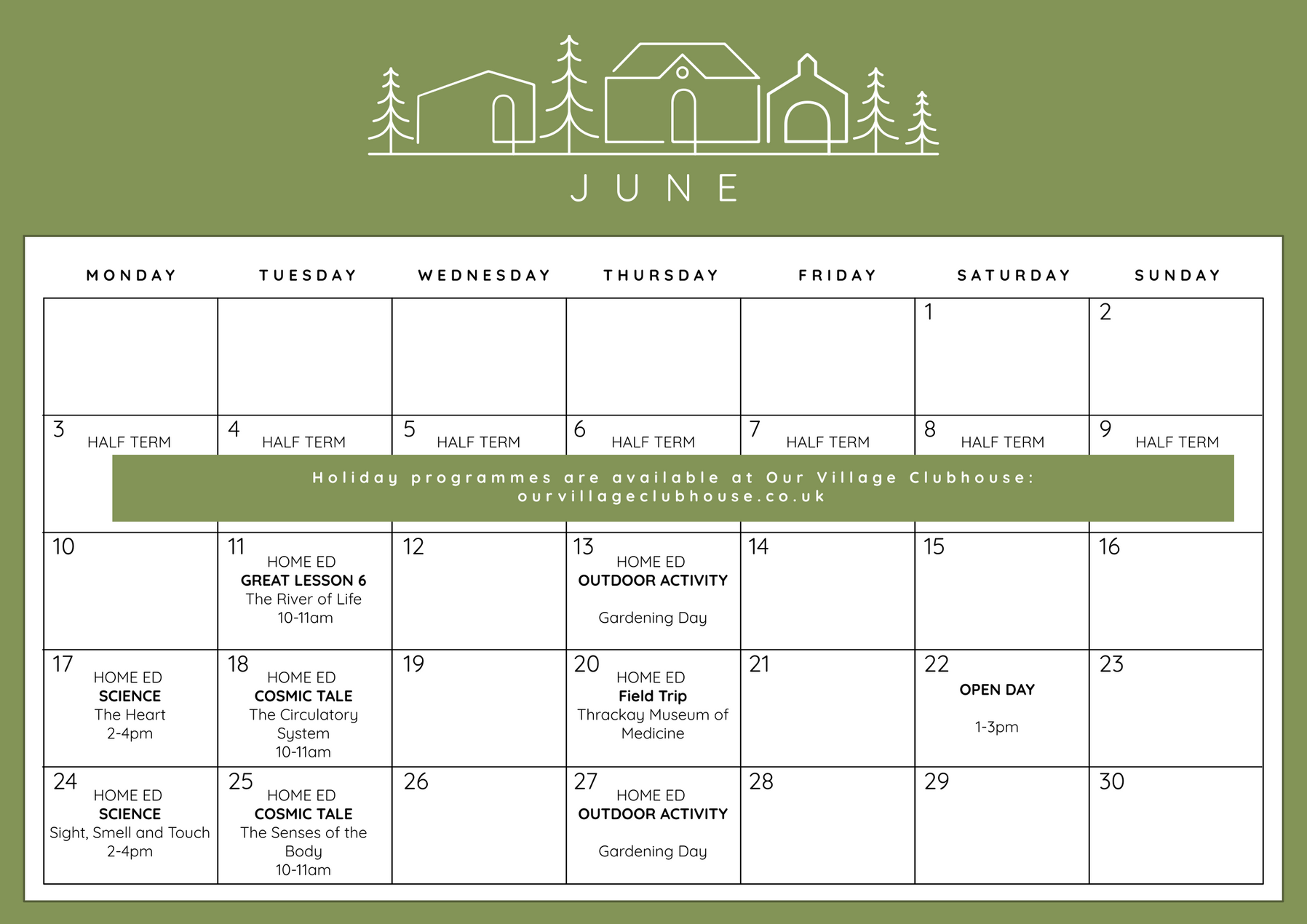


An Educational Collective
We recognise all parents as home educators, whether they choose to educate their children out of school, or those who educate their child in the evenings, at weekends and holidays. We embrace all families and believe in working partnerships, connecting children with children and parents with other parents within the Our village Home Ed. community. These social interactions increase the level of success children experience whilst learning at home. We achieve this by having effective communication links via weekly documented planning sessions, e-mapping and learning journals. Alongside our field studies programme, open house days and events calendar we ensure each family has opportunity to be fully involved and supported.
Collaboration
We value the freedom and independence of the Montessori approach whilst acknowledging the task of parents as primary educators. As home educators ourselves we know the joys and the bumps in the home learning road and have now drawn together the following tried and tested elements that form the 'Our Village Montessori framework:
- a world class international Montessori curriculum that spans from birth to sixteen years
- parents receive overviews and may access planing, these list study areas agreed upon by your child and their class guide and also includes an honest summary of progress
- downloadable study packs containing subject matter that links with associated class sessions enabling continuation in the home, this includes mathematics, logic challenges, spelling, reading and associated language arts and cultural studies*
- comprehensive learning resources that inspire interest and promote success .
- our field study programme
- suggested differentiated reading lists
- The OVM periodical that introduces the Great Lessons or springboard stories, suggested places of interest, local events and activities that compliment and support study areas.
*Parents are encouraged to supplement their child's learning with daily reading, spelling & times tables, alongside other every day living skills such as telling the time, counting, estimating and weights & measures. Where possible and to encourage hands-on learning these should be carried out without digital technology.
Parent Hub
We want all members of our Montessori community to feel supported when they embark on an elective home education partnership, we do this by holding mini group workshops that cover:
- the basic Montessori principles in relation to home based education including: freedom. independence and the prepared home environment. For an excellent source of information look here:https://dandelion-seeds.com/positive-parenting/child-led-learning
- the sequence of the Great Lesson stories, their significance and potential in relation to home study
- choosing your moment,and the value of observation and reflection in respect of planning activities
- the use of mapping and reporting systems
- the manufacture of complimentary learning materials
The social aspect of the parent hub aims to share ideas alongside the friendship amd support of other members.
Requirements and Commitments
When enrolling we ask you to complete a parent declaration and agreement that explains how you intend to home educate outside your child's sessions and your commitment to your child's regular attendance. Regulatory bodies require us to commit to recording and pay regard to regulations in respect of safeguarding, attendance, 1st aid, food safety, fire precautions and procedures. All staff and Workshop providers are DBS checked
- Home Ed. children are limited to 17.5 hours attendance each week at 'Our Village', these must not form the bulk of their education
- Our approach to information technology is that it is a supervised tool for educational research and a method of emergency communication only. We will not employ A.I. knowingly and without consultation with parents. Our community does not support children using social media or A.I.. Children may not bring mobile devices in to our community, all information technology used is strictly supervised by our guides.
- Legislation prevents us from accepting children with formalised Educational Health Care Plans (EHCP's) or receive SEN funding into our tutorial community although they may attend workshops if accompanied by parents or carers.
- There is now a legal requirement to report any concerns in relation to child abuse, we will adhere to this requrement expediently 21.02.2024
Montessori pathways
We are a peaceful community that respects the rights of the child who has;
- a right to ‘education otherwise than at school’
- a right to freedoms in respect of their education
- the right to be a diverse individual
- the right to have a voice and have opinions
- the right to respect
- the right to feel safe and protected from harm
in return we expect from the child:
- the same level of respect and this extends to all members of our community
- an acknowledgement and understanding that with freedom comes responsibility and where freedoms are exercised these should not impact negatively on the wellbeing and education of others
- an understanding that Our Village community' is as diverse as the stars, consequently we value difference and foster kindness and tolerance towards all.
We do not have a religious affiliation but respect all world faiths in the context of our families and studies in respect of Fundamental Needs of Humans and Civilisations. Whilst we are not driven by a specific religious doctrine, we seek out the god/ good found in each individual and acknowledge each family's faith journey.
Independence is a pillar of the Montessori approach, as part of acquiring everyday living skills all children are actively encouraged to be responsible and tidy up materials and environments after use. Having consistent expectations in relation to the care of our environment demonstrates respect for the other members of Our village and ultimately the wider communities from which we all benefit. To ensure continuity we ask that parents encourage the same levels of responsibility in the home. See below for our Operation,Terms & Conditions
WE run a three term year: Autumn, Winter/Spring, Summer, We operate in six week stretches followed by a holiday Break , Holiday Breaks consist of short holidays (half terms) of one week in duration and longer Holiday Breaks: Christmas and Easter which are approximately 3 weeks and finally a seven week Summer holiday. This formula ensures that children do not become fatigued and families & staff have good breaks and may plan ahead
Term Dates: 2023/24
Autumn term:
from 11th September-8th December Half term holiday break 23-27th October inclusive, returning on the 30th of October
Christmas Holidays 11th December- 1stJanuary inclusive, returning on the 2nd January (2024)
Term dates 2024
Winter/Spring term
from the 2nd of January-29th March Half term holiday break 12th -16th February inclusive, returning on the 19th of February
Easter Holidays: 1st April- 19th April inclusive, returning on the 22nd April, May Day Bank Holidays Monday 6th May & Monday 27th May
Summer term:
22nd April - 19th July Half term holiday break 3rd -June-7th June inclusive, returning on the 10th June
Summer Holidays: 22nd July - 6th September inclusive
return for Autumn term on the 9th September
Fees academic year 2023/2024
Days of operation
Mondays Tuesdays Wednesdays
9.30AM-4.00PM 9.00 AM-4.00 PM 9.00 AM-1.00 PM
- Wednesday morning sessions £30
- flexible attendance and additional days are charged at £56 per day
- one, two and three day tuition programmes £650, £960 and £1400 Per term respectively, days are interchangeable when time and space allows
- all children must complete induction days/sessions
- we do not offer childcare
- morning and flexible attendance must be paid in advance either by cash or credit card
Tuition program invoices are issued termly and sent via electronic mail, all fees must be paid in full within seven days of receipt of invoice. One terms written notice is required or one full terms fees in lieu is payable. Every effort is made to keep the yearly fees static within each year, but these are tumultuous times and consequently it may be required to make an adjustment to take account of rising energy bills and cost of living.
Please note.
We recommend that children attend regularly to derive maximum benefit and the ability to work with others . There are no Home Ed. tutorial sessions available on Thursdays and Fridays.
However
If you are interested in participating in 'Family Thursdays', these may be focused 'education without walls' field trips or specialist workshops complimenting Montessori Great Lesson study. All Home Ed. children are to be accompanied by a family adult who will provide transport and supervision for their own child(ren). There may be an entrance charge for certain venues i.e. museums, theatres etc..
The 'Our Village' studios and clubhouse acts as venue for a range of individual providers and visiting workshops, these are independent and offer a range of clubs and activities for children throughout the week, and operate during the day and some evenings. Each group are their own entity and invoice separately.
Follow us Fridays
Our Village Montessori
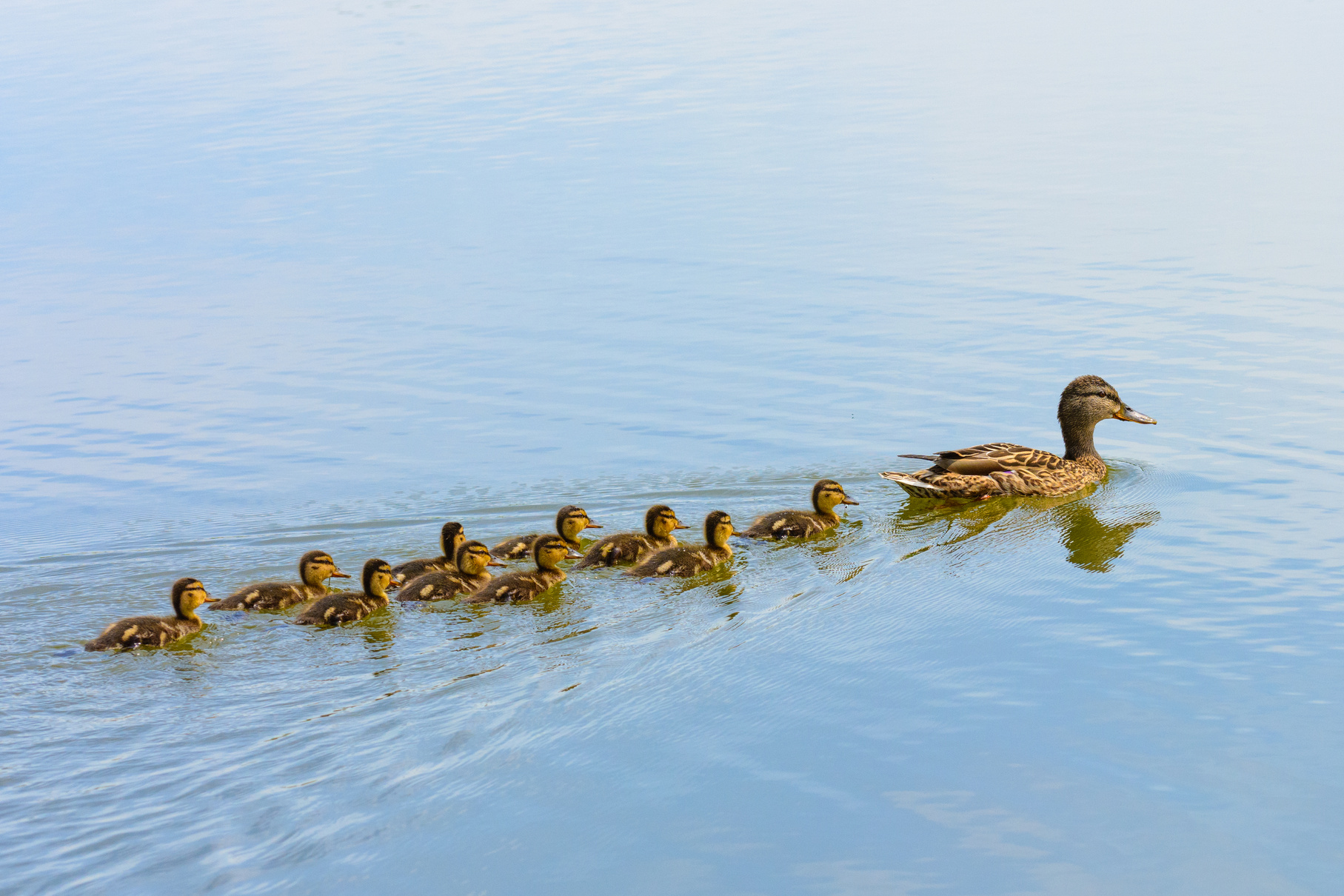
Every week during term times we aim to release a blog post, this maybe about the Montessori philosophy, a home or early education topic, or concerning a current affair or interest. All posts may be both factual and subjective and are expressions of thought of how things occur to us.

F.A.Q's
Do you have to be rich to Montessori educate at home?
Maria Montessori originally devised her teaching method to address the needs of society's poorest children. Whilst the Montessori materials are beautiful they can be a very costly investment and were originally intended to be used by an entire class of children. Many parents manage to create a Montessori home school environment on a shoe string budget, utilising things they already have in the home and making learning materials themselves. Our Village Montessori can help you with ideas and resources that can be made simply. We also run material making workshops.
Is home education suitable for gifted and talented children?
In a word ...yes. Follow this link https://home-ed.info/parenting/gifted
In a short word yes;
Do I need to train as a Montessori teacher to teach my child?
No, by being part of our community we introduce you to the basics to get you started
What is alternative education?
Alternative education is considered as anything other than mainstream education found in the majority of State and Private education establishments. There is a misconception that alternative education methods lack rigour and are therefor deficient and not comparable or valid, this is not the case. The world of education is shifting, see Aero: https://www.educationrevolution.org/store/about/
Isn't Montessori for special needs children?
The Montessori experiential approach works equally well with students of all abilities, Our three year mixed age groups meeting the needs of the most academic and rapid of learners whilst nurturing those who are in need of a slower pace and consolidation.
Do Montessori settings use technology?
We do not use digital technology in our Nurture communities as children of this age are essentially sensorial learners. In Primary classes Digital technology is employed responsibly and used as a tool, often in respect of research. Teachers do not do not use digital technology for teaching concept as it's mode of delivery is predominantly abstract. It is not envisaged that Chat GPT or any other such A.I.platform will be used.
Is their a difference between home schooling, deschooling and unschooling and which is Montessori?
Unschooling is a method of home education that is driven by a child interests, where as many home schoolers follow a more conventional curriculum. Deschooling is best described as the time immediately after withdrawal from school, a decompression and reflective period, often culminating in the realisation that not all education is the same and can exist without the need for timetables, testing and punitive sanctions . A source we have found helpful and often refer to is:https://dandelion-seeds.com/positive-parenting/child-led-learning
Montessori Early childhood classes are almost entirely child lead or unschooled, Montessori Primary or Elementary education tends to be more of a half way house. With the support of the class guide, older Montessori children formulate their own education plans, selected from an unparalelled spiralled curriculum that is both consistent and intelligent, this mutual cooperation ensures study is balanced, grounded, fosters motivation and allowing for an extensive choice of study.
Is Montessori education a good preparation for conventional senior schools?
Montessori education consistently produces students able to make effective transitions to senior schools, research has shown that Montessori students are extremely independent learners capable of pursuing the knowledge and research required by secondary education providers. follow this link to the research by Lillard and Stohl https://www.pdfdrive.com/montessori-the-science-behind-the-genius-e186540726.html
Do you follow the National Curriculum?
No, when compared to the breadth of study within the Montessori approach the scope of the National Curricum is limited, there being relatively little student autonomy in relation to choice of study.
Why are you not OFSTED registered?
We would be if the metric used by OFSTED to measure performance could accommodate the spiralled curriculum and Montessori philosophy we use and was deemed acceptable when we first registered with the DfE, recent OFSTED experience tells us this is no longer the case.
We remain concerned that the inspection process in its current state is not conducive to health of staff. We believe that mental health and well being should be included in the remit of all safeguarding practice and should be both applicable and shouldered by all without exception, even OFSTED. To acknowledge detrimental consequence that investigative inspection and its judgement may play on the mental health of a school workforce and yet to continue inspections regardless, we believe is a travesty, tantamount to abuse and a flagrant violation of human life. Our own inspection experiences would concur with the recent tragic events of January 2023. The following is a link to the experiences of other schools experiences that are similar to our own https://yorkshirebylines.co.uk/news/education/we-felt-like-criminals-teachers-talking-ofsted/. Consequently until such a time there is sea change we will not re-register, to do so would mean compromising our philosophy, health and moral values, in the meantime we will seek alternative accreditation.
I have heard that children in Montessori classes do what they like, is this true?
Children in Montessori education do have autonomy in relation to their studies, none the less this freedom is not without responsibility and limit, i.e. choosing not to learn, being a distraction and or impacting the work of others are not options. The scope of our curriculum allows for a high degree of choice and hands-on involvement, consequently we believe it is more accurate to say that Montessori children like what they do!
Why do we refer to our teachers as guides?
Our teachers facilitate or guide child learning in ways that knowledge and skills are revealed to children by their own discovery and endeavour, in this way we support the emotional intelligence of each child and their learning is sustained.
Do Montessori guides receive the same type of training as state school teachers?
Our guides are qualified teachers and study for the same length of time if not longer than state trained teachers, they are expected to reach at least the equivalent standards of study and teaching practice. Montessori teachers need to be inspirational facilitators, emotionally intelligent, accurate, informed observers and analysts, able to plan, construct and facilitate a class environment that meets the tailored needs of every child.
There appears to be many more teacher resources than in standard classrooms, why is this?
The materials on the shelves of our classrooms are not teacher resources but learning aids used by the child, each set has been carefully devised to reveal conceptual understanding and is used until there is no longer a need.
Why do you have such an extensive programme of weekly field trips, does this impede learning progress?
Eventually Montessori children need to go beyond the classroom walls to satisfy their study curiosities and questions, field trips and visiting experts are essential windows to a world that is better experienced, rather than a virtual presentation i.e. an archaeological dig teaches far more than a text book find.

"A place to explore"
Our Village Clubhouse, is independently run offering a calm space for kindred groups and clubs.
Single story in design the clubhouse has easy access, making it ideal for small scale events, groups & parties. The building has been purpose built for children and community use and comprises of a large naturally light dividable room with kitchenette and en-suite hygiene facilities.
Current groups, clubs and workshops include:
Nurture Baby & Nurture Together side by side classes, Table top gaming, Minecraft, Coding, Fun Yoga, Paint Studio Sessions, Construction Club,
Sewing Workshops, Yarn Spinning & Knitting Workshops, Nature Play, Clay Play, Craft Clubs to name but a few!
Head over to the Clubhouse's website for more information on our clubs and services:

A Creative Space
Our well equipped studios combined with the talents of our amazing associate teachers in the arts provide creative opportunity and maker spaces for all ages, We value the cultural and historical significance of our heritage crafts and strive to create opportunity for families to take part in these when ever possible, currently we have fibre and textile associates who seek to inspire practical interest in sewing, spinning, knitting and and weaving.
The studio's hands-on approach to arts supports each child’s need to be expressive and acquire skills, these creative and practical objectives are woven throughout the many activities offered. The natural world acts as an inspiration for its many creative projects, often using the materials available in our gardens and grounds. So if you want to try out a new skill, develop an emerging interest or simply revitalise a rusty one, we are here for you and your family.

Our Village
Gardens & Grounds
A Place to Grow, Harvest & Wonder
Our gardens and grounds are a vital part of our community, contributing much to children's understanding of the natural world and supporting their health and well being. We have a combination of formal gardens given over to lawns and flower borders, wooded areas containing many species of trees from broad leaf to Sequoia and productive kitchen gardens and orchards where humble fruit and veg grow alongside more exotic grapes. Much of our every day outdoor education occurs within these areas. We plant to encourage butterflies, bees and other insects and avoid the use of pesticides and the temptation to be overly manicured. Consequently our harvests aim to be organic and our wildlife prolific.
Flowers and Vegetables in our Allotment
Grape Harvesting in our Vinery
Apple Picking in our Orchard

Montessori Community
Our Village
GallerIES
Contact Us
POSTAL Address
Uplands House
Castle Howard Road
Malton
YO17 6NJ
Telephone
Term Time: 07514713730
Holidays: 07514713730
EMAIL
New Enquiries: admin@kinder-set.co.uk
Parents: admin@kinder-set.co.uk
Designated Safeguarding Lead (DSL Children):Anja Rutter anja@kinder-set.co.uk
Designated Safeguarding Officer (DSO staff) Sarah Willis sarah@kinder-set.co.uk
Directress and Proprietor: Anja Rutter anja@kinder-set.co.uk
Business: admin@kinder-set.co.uk
Social Media

Our Village
Montessori Community
Home Ed. Tutorial Community
Monday: 9.30 AM – 4.00PM
Tuesday: 9.00AM-4.00 PM
Wednesday: 9.00AM-1.00PM
No Sessions Thursday or Fridays
Saturday and Sunday: Closed
Operating Hours
Clubhouse
Monday – Friday: 10AM – 7PM
Saturday 10AM – 4PM

Art Studio 10.00 AM- 6.00PM
Wednesday -Saturday
How to Find Us
You are welcome to visit us, but please call ahead first to arrange a time. This will ensure that there is someone available to meet you.
Please note that Google maps and satnav will not show the correct way to find us.
The main entrance to our community can be found off Middlecave Road and is Pedestrian only. Street parking for drop off can be found on Middlecave Road, beyond the west wing of Malton School though we do ask everyone to be respectful of local residents, and not to park in marked areas reserved for them.
On-site parking for those with mobility issues is very limited, and available on request, please contact our office for further details.


Our Village
Policies
- attendance policy 2022
copyright OUr Village 2022

Our Village Blog
Every week we aim to release a blog post, this maybe about the Montessori philosophy, a home or education topic, or concerning a current affair or interest. All posts are informed by our experience and may be both factual and subjective expressions of thought, of how matters occur to us. Given that information changes over time we update our posts as new data emerges, we do not knowingly use A.I. generated material.
...THERE MAY BE TROUBLES AHEAD 26.04.2024

So its official, Government doesn’t listen, not to head teachers, governors, parents or even Coroners A situation that most have suspected all along.
This week’s Government announcements:
- one word OFSTED judgements are here to stay, clarifying to the world that UK teachers are expendable, their mental health irrelevant. Irresponsible -yes, surprising no, change would incur upheaval and an expense not to be countenanced by Government at this time.
Alongside this is
- the scrapping of the Early years 30 hour expansion pilot study, now rubber stamped as too costly, this will leave providers with no gauge to calculate their business feasibility, a move declared by many members of this Government as -risky.
Both decisions prove that gambling is not a worthy safeguarding consideration, reminiscent of a line in a Clint Eastwood movie...
....do you feel lucky!....
Cutting one’s Cloth 23.02.2024

With the revelation that we have entered recession it is little wonder that families are being cautious with spending and this is none so keenly felt as in families with young children. The Government has been trumpeting its childcare initiative at every available moment and yet the feeling on the ground among parents is... ‘we’ll believe it when we see it, and ...let’s see how it will pan out’, what is certain is a distinct lack of faith in the ability of Government to deliver, to cut it’s cloth, or to positively impact family finances. Having done the math there appears to exist an overriding feeling that it just doesn’t add up leading to a sense of resignation alongside an air of intense frugality, it is as if the hatches are once more being battened down.
Today forecasters released an estimation of a five billion shortfall, fuelling the conviction held that it is foolhardy to rely on a promise that may not come to fruition. 60% of providers are maintaining that the proposed childcare expansion remains underfunded by at least 25%, alongside shortages of manpower and space, add to this the lack of clarity in respect of local authority funding rates to nurseries. Cash strapped councils are currently unable to release funding information, and in all probability will only do so at the last possible moment, reducing the time to for providers to analyse and duly respond. Will the near future see Government branding childcare providers as unpatriotic team players who chose not to support an ailing plan and a similarly sick economy? You could be forgiven in thinking these current circumstances prevent the industry from being ripe for expansion. Once again Government appears to have historical amnesia confusing the words vocation and charity.
Rishi Sunak and his Government have much riding on this flag ship policy, Chancellor Jeremy Hunt hints that the national economy is dependent on its success, however he maintains confident that free childcare will be fit for purpose in April, despite an existing caveat that not everyone may be able to access the spaces available. One study shows that 70% of nurseries will not be taking part in the expansion.
Without effective support childcare providers will not willingly expand, deficit in promise relegates this initiative to political election gimmickry. What is certain is that parents are no longer prepared to be caught in the crossfire, many are holding on to their family’s finances even if it means continuing austerity, better this than spiralling into debt trying to cover soaring childcare fees.
Time is ticking, and it remains to be seen whether success or failure will be the catalyst to a nation’s BOOM or BOMB!
Data Analytical Systems 02.02.2024

During the past two years there has been a surge in the use of data analysis by service industries and whether you are aware or not this technology is now endemic. Perhaps you feel that as an educational service provider you are to a degree insulated from this technology or you may feel totally constrained by it.
As Montessori teachers we felt the latter, our philosophy does not fit neatly within the parameters of education today, this because education is being shaped to fit a single model, a model that has been honed by criteria heavily influenced by economics and political aspiration.
The Montessori approach relies on human observational techniques developed through years of experience. Yes we have wonderful electronic record keeping programmes but these are informed by skilled teachers, who interact with students using a time tested philosophy and approach that keeps the child at the centre of its focus.
So when a philosophy is analysed and is deemed to have fallen outside the current analytical criteria is it by necessity wrong or just out of sync with the prevailing model?
What measures are taken to ensure alternative philosophies are not prejudiced by technological bias?
Can tech be equitable
This year the televised plight of the postal workers who fell prey to a faulty I.T. system has exposed a network of unscrupulous individuals who placed corporate brand and personal needs before justice and justified their actions by hiding behind dodgy tech. Whilst many may say this will never happen in our profession, the facts of the matter...the evidence, says otherwise.
So how will this be resolved, will complaints and challenges be brushed under the carpet by yet another system that fashions criteria/bias, narrowing the foci to such an extent that most complainants fall outside the net. This rapidly expanding loop hole shields the unscrupulous, who seek to simplify matters by eliminating what they categorize as chaff to be disposed of.
How will society be protected from bias, both human and tech?
The Emergence of Peoples
A Great Lesson 3. experience with the Hull and East Riding Archaelogical Museum 25.01.2024
Our Home Ed. group visited this super museum in Hull to reinforce their studies of early humans, their society and way of life as evidenced by the archaelogical finds from the East Riding. We were advised to turn right after the woolly mammoth ‘Mortimer’ a tribute to the Museum’s archaeologist and founder; John Mortimer. This free museum comprises of many dioramas, static and interactive displays depicting the life and rise of humans from the neolithic, Roman, Celtic and Tudor times. The size of the displays powered the imagination whilst giving insightful reference to what life may have been like in the East Riding during these most early times, perfect for supporting Montessori Great Lesson 3. and civilisation study without the high entry tariffs of museum experiences in York, we highly recommend. Click the photo to visit the Museum website and location details.
Can he fix it? 02.01.2024

Today Sir Martyn Oliver inherits a sizeable can of worms -OFSTED the education inspectorate in the UK.
How will he address the canker that has infiltrated the organisation, now that it is abundantly clear standards and safeguarding are not core principles of the inspectorate's own practice. This double standard has resulted in the complete break down of confidence among all sectors of education. Feared by school leaders, disregarded by parents and the general public, repulsed by the teaching unions, its only achievement has been to inflict the largest degree of collateral damage to education and associated mental well being in UK history.
An existential moment, it is not.
Sir Martyn,
We teach children the lessons learnt from historical analysis to avoid future conflicts, now is the time for the most intensive of deep dives. When you are done have the courage and conviction to rip up the inspectorate's handbook and start afresh, weed out those who have been the causation of so much destruction by listening to teachers both past and present.
Lip service and gloss will be not be enough to avert an existential crisis, the proportions of which threatens to eclipse the injustices of the sub postmasters
- be brave, be bold, make a difference.
The tip of the Iceberg 15.12.2023

In the year that I have been writing this blog, there has been significant discussion, argument and collateral damage, but little as yet from those who can effect change. Leading to the question...Is education on the verge of a sea change or at the edge of a precipice, what is certain is the growing sense of dissatisfaction likened to an iceberg on a collision course, the vast enormity of which is still under the water line, should the current circumstances prevail the sheer mass of discontent may well be overwhelming.
Here are a selection of this years events in case you have missed them
- the outpouring of anger in reactions to the death and Coroners report of Ruth Perry, this clearly linked mental well being to the fear and toxicity propagated by OFSTED and its inspections, resulting in off the scale staff and pupil referrals to an already impoverished NHS mental health service
- the consequent Beyond OFSTED enquiry, headed by Lord Jim Knight reveals that in its current state OFSTED is not fit for purpose
- the increase of NHS waiting lists due to strike actions, Covid and underfunding
- educational/school choice: whilst parents can exercise preference this is most definitely not choice, school choice has been eroded, the National Curriculum metric not appropriate for those schools who offer a different/alternative curriculum.
- trans and non binary issues in schools, message still not clear and appears not to conform with the UK law for adults
- employers stating the practical /academic skills of school leavers are not commensurate with adult working life, suggesting a disconnect of epic proportion
- the rapid expansion and uncertainty of A.I. capability, this Government’s decision not to regulate and the realities of which brought home by the Bletchley Park A.I. Security Convention
- persistent inflation causing the rapid breakdown in economic stability for the most vulnerable, inclusive of the fuel crisis,
- the historical underfunding of nurseries, schools and further education settings
- climate change
- the outcomes of COVID and its inquiries
- the increase in waring hostilities in Ukraine, Gaza and more latterly the situation in Yemen and the Red sea, these acts of aggression threaten economic stability, humanity and ultimately World peace
- the impending change in Government
Its not hard to see that all these issues are inextricably connected and have impacted children in the UK and beyond. Solving any one of these will take more than a single term of office, begging the question... are the intentions and aspirations of Government and its M.P.’s plausible and long term sustainable or is there another agenda.
Montessori stated that the future of humanity is it’s children, are we ready to invest in them, can we offer them a society that is both wholesome, safe and nurturing.
Weighed, Measured and Found Wanting 08.12.2024

There is no pleasure in 'I told you so', just a profound sense of sadness. Yesterday the Coroners court judged OFSTED responsible for Head teacher Ruth Perry's death, inspectors were highlighted as neither professional nor sensitive, but rude, abusive, intimidating and lead eared. Ruth took her life knowing that OFSTED had graded her Primary school as inadequate and felt unable to face the shame of an inadequate OFSTED future. After the judgement there followed a hurried apology from chief inspector Amanda Speilman, crass in its tardiness, low in terms of contrition, indicative of an organisation that only admits fault when a state of extremis has been reached.
There will now follow the inevitable period of introspection where the outgoing chief inspector’s belligerence and clear lack of probity will be called into question and the effect this cascaded approach has on the ranks of the inspectorate examined, this effectively gave a green light to a toxic culture of bullying, deceit, opacity and persecution.
OFSTED have been very vocal about bringing forward the reinspection of those settings they judged as inadequate, however these have always been from their perspective of perceived fault, many of these judgements that by impediment can no longer fly.
And... what of the many establishments where OFSTED and associated Government were faulty protagonists and who have not as yet been taken to task, despite loss of life, health, respect and livelihood.
Time will tell.
Is A.I. Pandora’s Box 01.12.2023

FAdd a su
Fools rush in................
The Last words 26.11.2023

This week Amanda Speilman gave her final address as chief inspector of OFSTED. It was perhaps poignant to note that alongside her copious lamentations of failure, the outgoing inspector metered out blame and justification to all and sundry: parents, children, school leaders, unions and Covid. Government and its departments responsible for finance, budgets & policy also came under fire as did the protest of bereaved and damaged families for whom life has been lost or inexorably changed,
Speilman was fully aware of the toxicity of the organisation she headed, countless had complained directly in relation to the terror tactics and decisions made by her inspectorate and yet just like Pilate she repeatedly stated that 'nothing could be done, her hands tied'. There are mixed theories and reports as to the fate of Pilate.
So here at the end of 2023 the ghosts of OFSTED past and present lay unrepentant and with a distinct lack of contrition. Can we dare to hope for a better OFSTED/future safe in the knowledge that ultimately we are judged not by our words but by our actions.
What really counts? 24.11.2023

I am often asked about our curriculum and why we do not appear to have the same structure as the most common curriculum in the UK: the National Curriculum the drivers of which are mathematics, language and Science and differ to Montessori organizations which use a Cultural core including sciences. humanity and peace studies, these reveal the connections and purposes of the more traditional core subjects .
The reasons for this difference is simple; our planet and its peoples are representative of so much more than these three traditional core subjects. To in any way appreciate why mathematics, language and science are studied requires a greater awareness of the bigger picture. Without a solid understanding of the earth's heritage and history, be this early pre historic, middle or contemporary, stand alone core subjects just hang there, interdependencies lost and the reasons for their study not fully comprehended.
Children today are surrounded by conflict, poor decision making and climate uncertainty, these examples will not enrich their futures. Children need historical reference, they need context and connection with the past and all its mistakes to avoid repetition that will adversely affect their future.
The Montessori extensive cultural curriculum joins up the dots and leaves the student in no doubt of what is important. By building on the practical, sensory and language skills of early childhood children learn the responsibility needed to be good citizens and custodians of the planet and the necessity and value of peace.
Peace and prosperity cannot be achieved by force or poor example no matter what the stimulant and yet without these goals we face a very uncertain future
Our Amazing Biomes 18.11.2023

Our Students observe and study the biomes of our planet, biomes refers to the community of plants and animals that occur naturally in the different landscapes, often sharing common characteristics specific to that area.
Biome study is an essential part of our Cultural curriculum, our youngest children are introduced to Biomes via the bigger picture of the continents and oceans, this is presented to children in their earliest years using Montessori's unique learning aids and often supplemented with real life family experiences. As children mature we continue to use an extensive range of hands on materials from Waseca Biomes together with our weekly 'going out' programme to discover and understand our varied and rich landscapes, students are equipped to answer some of the more pressing issues in respect of conservation, climate change and the global responsibility of world food production and distribution
Here in North Yorkshire our home education group are fortunate in the ability to experience and study freely the many biomes on our doorstep including wetlands, coastlines, moorland, grassland, farm land woodland, rivers, lakes and limestone habitats.
Last term our extended walking group looked at how the drainage of the marshland of the prehistoric Lake Pickering some three hundred years ago by Dutch engineers, has influenced local biodiversity and farming today. We learnt that this intervention made available a landscape ideal for growing crops including grains and root vegetables, we brought back examples of these crops to study using our microscopes and to map out this year's field rotation utilising and merging our mathematical, scientific and geographical skills. This term we are looking at how the landscape and biodiversity changes with the seasons and how this vital for renewal and productivity in Spring. From mycelium to harvest.
In the Nick of Time 15.11.2023
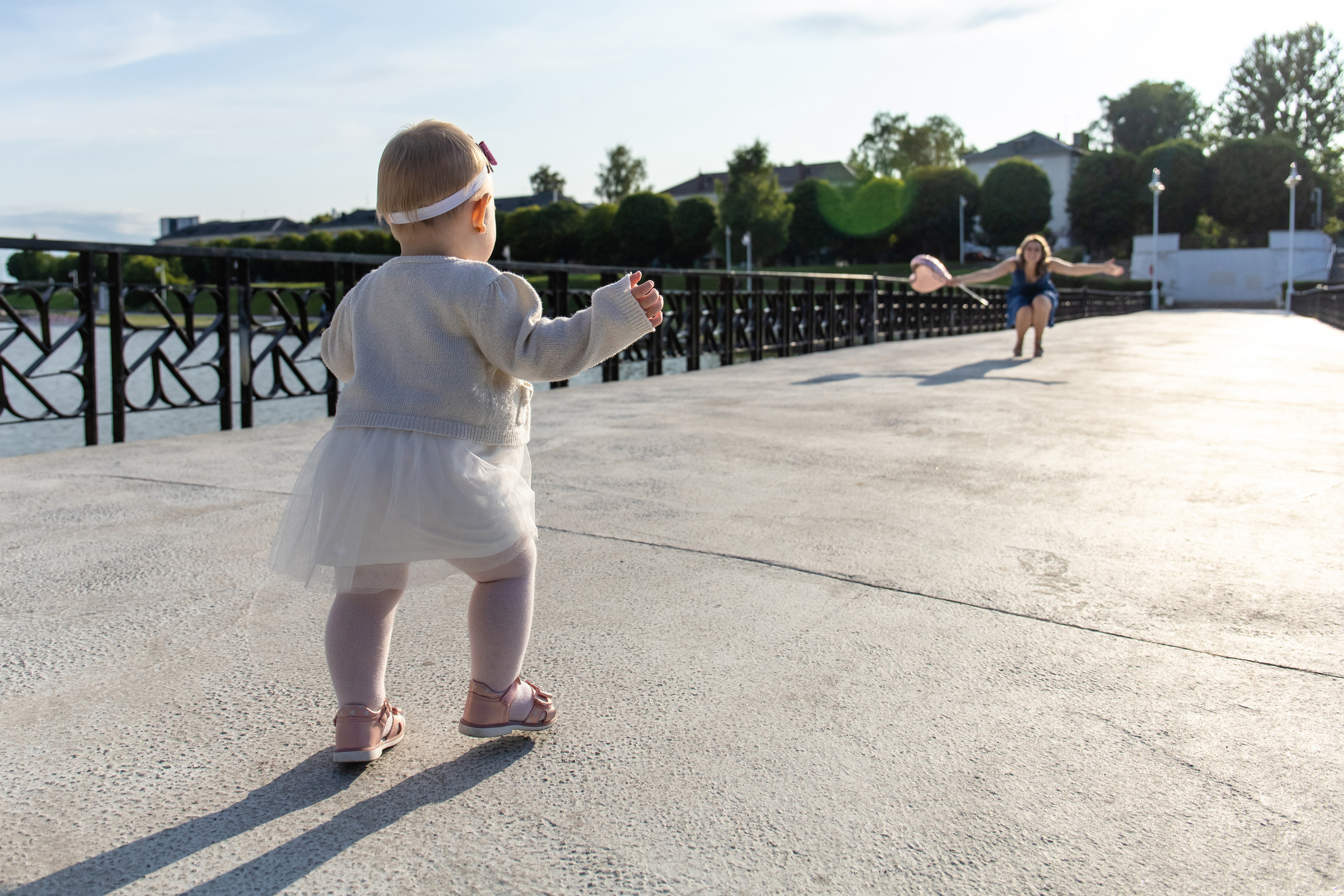
It is human nature and reflex to remove children from danger.
A child's personal safety should always be paramount, no matter the consequence, i.e. removing a child from the path of danger may require split second reactions to avert catastrophe the threat maybe obvious or down to unseen knowledge and may consequently be open to interpretation
So when do we intervene safely?
My father, long since departed, spoke of this back in the early 2000's:
Whilst having a coffee in a shopping mall he became aware of a small figure in his peripheral vision tottering towards the top of an escalator, he calculated that he could reach the baby in time but vacillated worrying that his rescue attempt may appear to some as an abduction attempt. Happily all was well and the child was retrieved in the nick of time by a passing mother. However my father was wracked with guilt for many years that he put public perception and position before the safety of a child.
Since then, safeguarding and its consequences has become more prominent, so much so that the threat of which has now become a weapon for the unscrupulous, whether this be for the purposes of sheep worrying in relation to a grudge, deflection or worse still as a machination for extortion. These forms of modus operandi appear particularly prevalent in those services that are heavily regulated and for those who have much to loose.
We live in an age of such litigious complexity, interpretation of fact is often down to those who can shout the loudest or have the deepest fiscal purses, little wonder that natural reflexes are now being suppressed.
What would you do?
Fun & Games 31.10.2023

Having spent the last week away from tech, our family have been totally immersed in the UK countryside sampling all that Autumn has to offer. Fortune favoured us, the days were predominantly bathed in sunshine, enabling us to take part in our favourite active holiday past times. In the evenings we cooked simple meals, talked and played numerous board games, it felt liberating to detox from the daily media barrage of what appears to be entirely concerned with war and dodgy politics, proliferating an air of doom, gloom and despondency.
So on the eve of the 1st British A.I. conference at Bletchley Park that will determine much of our country's technological future, I find myself re-evaluating the past five days, specifically the games we played and the value these represent to personal development and family life. I saw during our holiday break an increase in laughter, discussion, mathematical skills, strategy, thought, innovation, patience and reflection and compared these to the many tech games available. I reflected that whilst these do indeed cover a wide range of absorbing interests and yes, knowledge may be built via their use, far the most obvious and worrying failing appear to be the solitary nature of these pursuits. Consequently I am drawn to reflect on the qualities and skills honed by low tech alternatives and have concluded these have so much more to offer in terms of social skills and humanity, factors that appear to be missing in the world of today. So a big thumbs up for physical board/card games, dominoes and paper based wordle et al.
Our Clubhouse community hosts ‘Malton Games Knights’ a group dedicated to table top board games, the junior meet is held each wednesday during early evening and some weekends, contact Our village Montessori and ask for James for details.
t
Add a heading
The Seeds of Change 14.10.12

There has been recent announcements by the UK Government of potential change in respect of curriculum structure within schools, mainly for the oldest students.
Plans to extend the study of mathematics up to the age of eighteen has been received by teachers cautiously. Whilst for some children additional study will not present as a problem, others will feel apprehensive. Not everyone has the abstraction that mathematics requires and it is a grave mistake to assume that yet more time revisiting the subject will lead to any appreciable success. Dyscalculia and sequential problems among the population exists to the same extent as dyslexia and is not an indication of general intelligence. Mathematical skills are best acquired young, using a very thorough extended multi sensorial approach. A good starting point would be to evaluate the Montessori approach to mathematics. You can follow this link to the Mathematics strands of The Australian Montessori National Curriculum (birth to eighteen).
Slowly school leaders are beginning to realise that good education offers choice and is not a sausage machine churning out students with identical study experiences in order to sate one industry/profession or another. Finding good career paths is akin to developing lasting relationships ...some fail and others flourish the latter largely down to experiencing a diverse range of opportunities and approaches.
A good curriculum sows many seeds, an outstanding curriculum cultivates these into developing passions alongside school expectations, preparing students for a smorgasbord of future professions. In this way we prepare young people for working life that will hold their interest maintaining both economic and mental well stability whilst offering a flexibility that allows for change. Gone is the time when a single career pathway can be relied upon to span a lifetime.
Plans to make mandatory further mathematical study for all students 16+ runs the risk of narrowing opportunity and curbing desire, the benefits of which may well be felt by a few students but trap so many more into an already crowded pressurised time of exams and next step preparations.
In summary this initiative may well prove to be a false economy, and it is worth considering the money required to initiate and run the plan, finance that perhaps would be better invested in 1st class early years numeracy and educational support rather than adding more pressures at a time of fledging, The late teens is notable for being a time when there is an overriding desire to make ones own choices and not engage in the hobby horses of others. I have no doubt the move is well intended but perhaps a mite out of touch with the developmental norms and tendencies of teenagers.
.
Can the connectivity genie be stuffed back into the bottle? 06/10/2023
For the last twenty years mobile phones have been part of many children's day to day lives, they are purchased with the best intentions, often for safety reasons. One in four four year olds have a mobile and by twelve years old 98% percent of children are using mobile phones. An alarming figure of around 44% of young people are reported to be addicted to their phones i.e. picking up their mobiles more than fifty times in one day, 23% of these children go on to develop the more serious aspects of addiction: obsessive behaviours social isolation and alienation that connectivity brings. Little wonder moves by certain M.P's to ban the use of mobiles in schools is now a reality in 2023.
With the event of SMART phones connectivity has given rise to its own dangers to which many children have already been subjected, be this commercial persuasion, pornography, grooming or cyber bullying, this is not just a situation confined to safeguarding from the outside world, threat also exists in closed caring and educating communities traditionally considered to be some of the most safest and protective.
When I was a child there was a greater emphasis on the extended family, communities were smaller and tighter knit. There were no mobiles, computers were not used for social purposes, connection was narrow and largely achieved verbally either face to face or static telephone communication, we kept in touch with the wider world via radio and television, Despite this there were times of vulnerability when I would have liked to have had connectivity with my parents. Some may say that children of this era developed an earlier awareness of the dangers of society, were savvy in respect of risk and consequently more adapted for self reliance. Today's parents may consider this level of self reliance and independence as a product of neglect and yet when compared to the safeguarding dangers involved with todays universal connectivity the risk now is many multitudes greater. Today connectivity is now perceived as part of civil liberty and it is for this reason that I suspect that schools will have a hard time implementing a ban on the use mobiles.
Put simply it is not just schools but society in general that needs to safeguard children from the four C's: content, conduct, contact and commerce. Can this be achieved at such a late stage in universal connectivity?

Professional Advocacy 01.08.2023
The Government sees that society has changed as a direct outcome of the pandemic but want people to resume their working lives, however the furlough scheme and home working stimulated adaption and change, giving many the time and space to reflect. Whilst the majority of the population returned to work most will have concluded having re-examined their pre-pandemic employment the need for change.
Once the work treadmill ceased to turn a general recognition seeped into public consciousness - returning to the status quo in relation to mental health and work life balance was unacceptable. This resulted in many changing direction or choosing to take early retirement causing workforce shortages and retention issues that affected all sectors of employment. The situation was further exacerbated further by falling standards in living and galloping inflation, thus fuelling the many strike actions and demands for better pay and working conditions.
The Government has now responded by giving public sector workers a 6% pay increase, representing the first baby steps in the right direction, however there is more to do to ensure that working conditions are such that the UK continues to retain its workforces, particularly in those services over seen by Government and considered part of the entitlement of every UK citizen and paradoxically under funded.
The N.H.S has begun by recognising the need for professional advocacy in many of its trusts, This initiative has been put in motion by staff for staff, to ensure well being and to help retain the workforce. The same provision is now very much needed for teachers to ensure that education, child and social care does not continue a death spiral into decline. The past ten years have been extremely challenging for all teachers and the toll on mental health has been extreme, teachers are often caught up in a relentless political disconnect of decision making and directive, impacting the way in which they teach and operate in schools, nurseries and other educational groups.
Teachers know that good education cannot be reduced down to a financial formula devised by politicians and non teaching consultants, Children and families are as diverse as the stars in respect of their interests, styles and patterns of learning. Despite updated guidance i.e. the DfE Standards in Education and Keeping children safe in Education (KCSIE) these amendments do not always envisage all teaching scenarios and a one size fits all rationale is still applied regardless. Changes are not always positive there being little or no time given for training. implementation and then national reflection before full adoption. Often pilot schools are not fully representative of all teaching approaches and differing scenarios, resulting in sweeping disregard during inspections.
OFSTED applies new amendments and values immediately often without the benefit of detailed reflection, it deems pilot consultation as final and judges teachers and school irrespective of any mismatch or circumstance, and on occasion before guidance is issued and consultation has been fully completed/adopted. Amendments made one year can be swept away in the next, causing confusion, Indeed any nuance of interpretation is viewed as non compliance and therefore judged as weakness, The single word appraisal is then metered out, sometimes with total disregard in respect of understanding of philosophy, children's needs or safety.
In short teachers feel conflicted, not listened to, targeted, under valued and overworked due to constant and short notice amendments, little wonder there is a reticence to return to former pressurised existences without significant change, consequently teachers are still leaving in droves,
There is now a societal surge for positive mental health, staff retention and good working conditions and yet government fails to recognise that the genie cannot be pushed back into the same pre-pandemic bottle,
Everyone should be entitled to be heard and valued, so much to do ...time for effective UK teaching advocacy.

Somewhere under the rainbow 19.05.2023

This week school leaders have stated they need more guidance in respect of transgender and non binary pupils. Given that there is a definite absence/radio silence in this area from Government (DfE) one wonders if there is reasoning behind this or that a head in the sand approach avoids addressing a contentious issue.
What are we dealing with here, given that we now have considerable guidance in respect of the gay, lesbian and bi-sexual population, Is it an issue of political preference, affiliation or indifference, religious intolerance or straight forward prejudice.
Despite overt disapproval being no longer fashionable, prejudicial opinion has now gone to ground, it's mode more insidious, fuelled and cloaked by a miasma of government indecision, infighting and procrastination that belies beliefs and reveals bias.
Yes, I totally get the concerns that children are chameleons in respect of their gender fluidity, but often they have a clarity in respect of their sexuality that for some can be disarming. To be curious and undecided about ones own sexual identity is surely a natural phenomenon likened to the period in a child's life when there is ambidexterity before settled dominance. Should we repress a child's sexuality in the same way as teachers and parents past who forcibly made their left handed children write with their right. Most people would be outraged by this practice today and yet it would appear that entities that advise and regulate education are conflicted and tainted in relation to non binary and trans issues.
Lets talk about toilets and sport, schools and many public buildings are required to provide both male and female toilets, but why, homes are not built with single sex toilets. Much of this is down to historical building trends and Victorian proclivity that dictates communal toilets in one single sex space, something that was slowly being eroded by offering single toilets units throughout new educational premises, a continuation and development of this approach in all schools would effectively eradicate this conundrum. However recent furore would indicate there is more than practical solutions stopping acceptance of trans kids. Sport in schools with regard to trans pupils appears to mimic the furore in the wider world and yes there are issues on a cellular level, but tolerance and acceptance is about well timed tailored education, understanding and school strategy. If OFSTED can capitalise on the lack of transgender/ non binary curriculum/ school guidance as reasons to downgrade schools, then this is a nettle that must be grasped and quickly.
Will LGBTQ acceptance in its widest sense be more prevalent as older generations die off or will a hard core of individuals continue a tide of fear and distrust that destroyed Turing and Wilde and looked the other way in respect of the sexual abuse of lesbian women.
We have seen so many posthumous apologies and these are of little consolation, we are in an age where actions speak louder than words, so lets get rid of the last bastion of discrimination.
Parliament must just get on with it.
Ostriches and Sand
update: 20/07/2023.
UK parliament delayed Trans-gender advice for schools, so its business as normal for digging OFSTED inspectors, we recommend that all uninspected schools have a ready formulated answer for their Trans policies and approaches, no one wants to get either of the two lowest gradings despite their being no formal guidance.
Barley Hall 12.05.2023

This week we took our Montessori Home Ed. group to Barley Hall York to explore the historic building and take part in a medieval history lecture, this opportunity fitted well with our Great Lesson studies.
This month we are looking at architecture as part of the history of number, we drew a number of sketches, these will aid us when we attempt to build our models using basic mathematical calculation, geometry and balsa to create the timber frames.
Our host; Master Steward Humphrey was extremely knowledgeable and explained the history of the hall, its inhabitants and domestic hierarchy. We learned that opportunity was in the grasp of even the most menial servants, and discovered the lot of the 'pot boy' was not quite so distasteful as first envisaged. The whole morning's experience dovetailed well with our recent visit to the deserted village of Wharram Percy the foundations and church being all that remains of this medieval site, Barley Hall gave us a tangible and visual insight as to the what the buildings may have looked liked. We learned a great deal about the fabrication of the building, it being an example of the first flat pack home and the pivotal part urine played in medieval life, indeed everything from tanning to the fabrication of windows.
In the afternoon our students took part in an interactive lecture on medical history, learning about all kinds of humours and their treatments and yes, urine featured heavily again.
This was a highly informative and enjoyable visit and we extend our thanks to Master Humphrey who so skilfully brought history to life and also to Home Ed, York for extending the invitation.
More power than God 30.04.2023 (updated 10.01 2024)

Amanda Speilman stated during a recent television interview that all OFSTED Inspectors act with the professionalism and sensitivity that she would expect. Clearly she has set the bar for professionalism and sensitivity exceedingly low, there obviously being no mechanism for her to check her own rhetoric, if she could I doubt she would risk this statement.
Professionalism did not prevail when Inspectors arrived at our Nursery school to carry out an inspection, there was no sensitivity, what was observed was the most discriminative and harrowing practices that I have experienced in my sixty years.
Harrowing because in 2021 I witnessed inspectors select a member of staff for interrogation despite, knowing this person to be a member of the deaf community with a number of protected characteristics, carry out a forty five minute barrage of complex questions, the answers of which were not in the employees experience to give, reducing the staff member to a level of emotional anxiety so extreme it rendered lip reading and fair response ineffective. To make matters worse this persecution unfolded in front of a group of three and four year olds who became increasingly alarmed at the staff member's distress, inclusive of the employee's own son. This was a premeditated and calculated move by the lead Inspector, having previously asked about employees with protected characteristics,
When I intervened to support the employee, the inspector put the palm of her hand to my face and was told to ‘ go away'. I immediately asked the accompanying inspector as to why this approach was being employed as it was clear that the employee was not coping and was breaking down under the strain of trying to process. keep up with the dialogue and watch out for children, the second inspector stated vaguely that she did not know why this stance was being used, I asked for the inspection to be halted, she refused despite having previously pointed out the employee's vulnerability. The employee did not recover, two years on and still receiving regular support for PTSD this staff member remains reticent to work in any sector governed by OFSTED. We have since learned that Inspectors may pause an inspection if there is distress, not to do so in this case was inhumane, vindictive, discriminatory and an abuse of power.
A timely complaint was submitted in relation to the Inspectors conduct and the way the inspection was carried out, needless to say both were rejected, no explanation was given as to why the employee was subjected to discrimination and persecution. As employers we are proud of our history and endeavour to protect staff and children with diverse characteristics and consider OFSTED's tactic of rendering a human being incapable of effective communication by using their disability against them to be an abhorrent and unacceptable practice. It appears OFSTED has no duty to record teacher distress, making any complaint we made in respect of inspector’s conduct during an inspection a non event.
Did OFSTED inspectors work within guidelines of the inspection handbook, here semantics appear to have been stretched membrane thin, for most people reading the handbook it would be difficult to be in any way affirmative. Did inspectors work ethically, with sensitivity and morality whilst safeguarding our children and staff ...definitely not. The net result was not a detailed analysis but a selective montage of any minimal aspect that could form a justification for the approaches taken. Despite this overtly discriminative, heavy handed interrogation, it brought forward no revelation or require any sanction other than a string of business suspensions to reach a conclusion of there being no real case to answer, begging the question as to why a premeditated, vindictive and sustained attack on a vulnerable unsupported human being could be considered in any way acceptable or necessary. Inspections are not a stage to mount counter offensives in an effort to deflect from their previous erroneous decisions or mask unprofessional behaviour, inspections change and take lives.
Does the complaints process work, in a word ...No.
I now have reasons to believe this complaint may have bled over to our school's inspection, this time my apparent understanding surrounding 'protected characteristics' was in question, this I felt was used as a form of retaliation and distraction from OFSTED's treatment of our staff member and our voiced concerns in relation to the conduct of the inspection team, their remit, the inspection and complaints processes.
All the time there is silence and the issue of OFSTED's behaviour remains unaddressed the cyclical abuse felt during inspections by the UK's teaching and nursery workforces effectively continues. However, the dam of fear surrounding inspections is crumbling and the true extent of OFSTED's modus operandi, is now becoming all too apparent, injustices are being voiced and with this is an assertion that teachers and schools will no longer tolerate OFSTED being the causation of so much wanton destruction of mental well being, despair and sorrow.
Looking at the comments made by other headteachers and managers, (you can access these here https://yorkshirebylines.co.uk/news/education/we-felt-like-criminals-teachers-talking-ofsted/), there appears to be marked similarities in approach suggesting that a culture of terror reigns within the OFSTED inspection service, a process not invigilated and only now recognised nationally as out of control. I was told by one inspector 'OFSTED has more power than any other law enforcement agency in the land, more power than God', does this really justify behaviour that goes well beyond bullying and intimidation, is this admissible given the effects in so many cases last a lifetime.
Recently (21.05.2023) in the latest edition of the British Medical Journal there has been calls for suicides in relation to OFSTED to be fully investigated by the Health & Safety executive questioning the current indifference of the organisation as official negligence, this is a necessary intervention to avoid future tragedy and paves the way for effective redress, however, whether OFSTED would be compelled to co-operate remains to be seen.
Find the BMJ's article here ttps://www.bmj.com/content/381/bmj.p1147
I call upon Amanda Speilman to justify her stance of sensitivity and professionalism in relation to our OFSTED inspections and explain why discriminative, intimidating and terror practices were used openly in relation to and in the presence of vulnerable adults and minors. I ask you for explanations of why inspectors used a number of unethical practices that ranged from coercement under threat, the disregard of vital evidence, to the blatant persecution of those with protected characteristics, all of which may be construed as law breaking.
I ask you Amanda, what does the future hold for children who have witnessed OFSTED's thrill of the kill, what lessons or examples did they/you hope to impart when children during the course of an inspection observed terror and despair when there should have been humanity and morality. I shall always be available to take your call, If however probity is in such short supply that you cannot face scrutiny, at the very least put your house in order, do not continue to shield those in the inspectorate who are rogue and have used unprofessional, overtly aggressive, Machiavellian and discriminatory practices, allow justice to prevail by having a neutral and accessible complaints procedure. Change the way that your inspectors do business before you quit.
No one wants to be remembered as a monster.
To smack or not to smack, that is the question? 14.04.2023

What to write each week is sometimes a tussle between two or three subject ideas, but occasionally there is no doubt and this often comes via the media...
This week the Government's decision not to ban smacking was for me a jaw dropping moment. I was saddened to read what appeared to be a series of bumbling justifications for what is essentially a green light for violence in the home.
Smacking, let's face it is hitting and whilst I am aware that it goes on I did not ever suppose that Government would not see a ban as anything other than a priority. It is both absurd and astounding, this is the very same Government that places safeguarding at the top of it's A list, has become a Government that has effectively legitimised the physical chastisement of children. The Government qualifies it's no ban decision with the word 'reasonable', this word is not only open to interpretation but sets a very dangerous; precedent by sending a message that abuse in the home is clearly not a safeguarding issue. Down grading the profile of domestic violence in this way, will no doubt pave the way to future regret.
In the last five years there have been fifty eight child deaths from assault, one can only summise that nothing been learned from Star Hobson and Arthur Labinjo-Hughes et al., most of these tragic situations started off as strict parenting that spiralled out of control culminating in abuse and finally murder, each occurring in the home. Almost weekly we hear of further cases of domestic violence against children. Another baby 'Finley Boden' was revealed today as having been murdered by his parents in his own home, it begs the question whether a ban would have drawn attention to his home life earlier and would timely intervention have saved his life. All the time there is no ban in existence it reduces the public's sense of duty to report.
What is reasonable action?
We are not talking about actively removing a child from the path of danger, and the dressing down that follows, we are talking about ' I'm big and you're small and this physical sanction is justified because the Government says I can use physical force' and because 'reasonable' is neither qualified nor quantified. Let's think about how physical size and stature affects the forces and motion equation, now add in the charged emotional factors that these situations often engender, so what are we dealing with here, children caught in physical sanctions, the force of which cannot be quantified and may well escalate putting them at the top of the safeguarding at risk list.
It is relatively rare that early years children will ring Childline, making them the most vulnerable of all age groups to domestic violence, It will also put an increased onus of responsibility on teachers and practitioners who will have no choice other than to report every single happening no matter how mild, particularly as Government proposes that they will be treated as criminals if they do not disclose concerns and signs of abuse. What will Social services do then, ignore most, address every single case or leave it to A.I. to flag up risk, this latest revelation will make teachers and social workers more culpable for parental abuse than ever before. Little wonder there is such an exodus in each of these professions, there being scant enticement to offset the harrowing threat of criminality that will be for many a daily concern.
We now lag behind the the rest of the United Kingdom who have already past laws prohibiting the practice. Yes. there will without doubt, be difficulties in assessment, approaches to family discipline are varied and is often shaped by the parenting style that parents themselves received, this becomes problematic if elements of undue physicality exist alongside poor parenting skills, volatile temperaments or mental instability.
What may be worth considering are more effective and plausible starting points, these could be founded in the relationship studies found in schools and then augmented with the provision of free but mandatory parenting classes, a rolling programme that would be supportive of the differing challenges faced by parents during their parenting journey, a type of First Aid for families. Parenting classes are well known to empower parents giving them the skills and confidence to resolve issues in a measured way without the need for force. In this way untoward parental culture towards to dsiciplining and coping can be remediated well before tragedy strikes.
What ever the strategy or lack of it, these latest government directives send mixed messages and consequently more detailed thought is needed, if only to avoid the opinion that here is a Government that lacks cohesion of approach, is not in touch with it's own departments and simply does not think or care enough.
Religion In Montessori Schools 07.04.2023

As we approach Easter a season and symbol of hope and renewal in the Christian church, I realise that this time is as good as any to discuss the subject of religion in Montessori Schools.
Whilst not inherently religious Montessori education does purposefully explore human spirituality in the course of the activity it promotes, this begins and is very evident in Early Years settings where children are encouraged to listen to their inner feelings in respect of fulfilment and repleteness of task. At this age children are introduced to world faiths as part of the Montessori cultural curriculum, fostering an understanding of the customs, celebrations and traditions of their own religious heritage and that of their friends .
Most Montessori schools choose to present religion as a part of their cultural curriculum, both in it's belief of humanity and the sets of materials and resources freely accessible on classroom shelves. These materials come to the fore at particular times of the year in relation to seasonal celebration and Great Lesson Study.
Whilst Maria Montessori was a devout Catholic she was also a scientist and believed that children should have the most accurate hands-on understanding in relation to all aspects of learning. Consequently older children understand the need for faith by studying human tendencies in relation to the Fundamental Needs of Humans (Great Lesson 3.) this lens is then widened via Civilisation Study, here each of the main religions are examined from its origins to present day via timeline and current affairs, This is supplemented by visits to local religious venues, architecture and monuments as part of the student 'Going Out' programme.
Specific religious Instruction is part of those Montessori Schools that have a religious affiliation from Muslim to Buddhist, Christian to Jewish, and Yoruba to Shinto. Some of these schools choose to adapt the Montessori principles and techniques for direct religious instruction rather than presenting the cultural curriculum as described above. Those who succeed in blending faith and Montessori education, focus on encouraging direct experience, the child’s active participation in the expression of faith through ritual and services, contemplation, and not at all least personal fulfilment, as such religion becomes yet another curriculum area in the classroom. This is becoming more expected by the main UK regulator who appears to require an increased focus on religious instruction and scripture rather than the faith awareness and tolerance that we advocate via our cultural curriculum.
Possibly the two best independent-codified systems for Christian based religious instruction in Montessori schools are: the catholic -Catechesis of the Good Shepherd, developed first in the 1950s and later again in the 1980s. The Anglican -Church of England offering of Godly Play originating in the 1990's, both are faith-based curricula, children studying the liturgy and scripture through hands-on experiences and materials. Neither of these two systems were devised in any way by Montessori herself who was distinctly private in respect of her faith.
You can find details of the: catechesis of the Good Shepherd here: https://www.cgsusa.org
and
Godly Play here: https://www.godlyplay.uk
References used: montessoriparenting.org
A Watershed Moment 02.04.2023 (revised 22.05.2023)
Easter Report
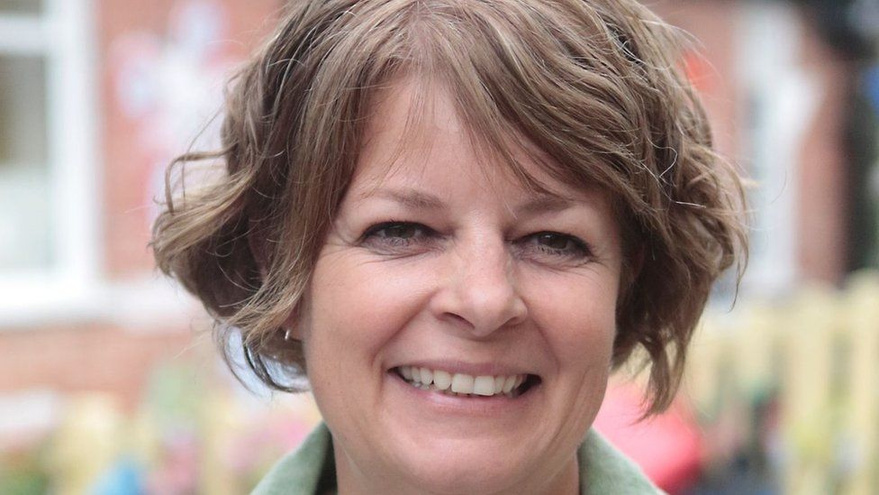
Add a heading
The death of head teacher Ruth Perry has been described as a watershed moment a point from which we should only move forward and never return, and yet OFSTED appears to want to carry on business as usual, despite acknowledging that its inspection regime is extremely stressful for the school workforce (presumably this applies for all whom it inspects). In reality Ruth's sad demise was the latest in desperation suicides linked to OFSTED and the pressures felt within schools.
There has been significant reports of increased incidence of suicides. The most recent occupation and suicide figures for the UK show that female Primary and Nursery education teachers are at a 50 % increased risk of suicide. there being a 103 deaths over a four year period. At one time suicide reports for teachers were hot news, now these are so commonplace, many go under reported.
Recently (22.05.2023) in the latest edition of the British Medical Journal there has been calls for suicides in relation to OFSTED to be fully investigated by the Health & Safety executive, this is now a necessary intervention given the mental health risks and statistics that surround OFSTED inspections, however it remains to be seen whether OFSTED can be compelled to cooperate. Find the BMJ's article here ttps://www.bmj.com/content/381/bmj.p1147
For years teachers have said that all the joy has gone from education, newly qualified teachers mental health problems are reported to be the most elevated of all professions, Some 70 % of teachers report poor mental well being. The rate of teacher attrition being the highest it has been since records began, according to a recent study, of the 270,000 teachers who have qualified since 2011, 81,000 had left the profession in the past decade. Whilst reasons given for departures primarily concern pay this is also inextricably linked to conditions within the sector, complaints in respect of work load, stress and workforce shortages have been at the crux of the matter for current striking teachers. 72% of teachers stating that they are stressed due to over work and the pressures that OFSTED brings.
OFSTED state they are concerned and are championing mental well being in schools and yet many of the teacher suicides directly precede or follow OFSTED involvement and intervention, affected Head Teachers and teaching staff having to take long term sick leave, many not returning. This is definitely a retention factor, If the Government is serious in encouraging early retirees back into schools they would do well to figure out the reasons why teachers are unwilling to return and address this as a matter of urgency.
So what may be the reason for the current watershed, It appears that difficulties exist with challenging OFSTED decisions, making it difficult to have faith in a system that does not listen and offers no true course of redress, not being a ministerial department appears to aid the evasion of scrutiny. Unnecessary procrastination, dubious procedural irregularity and the challenging of erroneous reports adds to the strength of feeling that OFSTED is out of control and answerable to no one, all leading to the current tidal wave of mental health problems.
OFSTED rarely closes schools they rely on the inference and the effect their punitive reports have on the general public, in this way schools and nurseries are punished, careers and lives destroyed or taken.
To question the efficacy, legality and or mode of an inspection /investigation is to court certain demise, this becomes nigh impossible if, as in our situation this was triggered by a simple call asking for help and advice with a situation out of the purview of our experience and was subsequently bungled by those put in office to help. If there is procedural irregularity this is not admitted with any grace, questions put on the back burner, proceedings stretched out for judicial review, which is beyond the purse of mere mortals. My advice to all is have union membership.
But
...times they are a changing and accountability is on the horizon, we owe this to to Ruth and to all those who have suffered so much, their legacy will be felt, the cause of their sacrifice will be weighed, measured and found in one word....
Inadequate
Unmasked 26.03.2023

It is estimated that there are 700,000 autistic spectrum people in the UK and just 21.7 % of those who are of an employable age hold down any sort of paid employment. Originally it was thought that Autism was more likely to occur in the male population but recent research shows that women and girls are very much within the ratio which currently is nearer to 2:1 (males over females), the lack of historical accuracy being largely due to better masking by females.
Masking is where the neuro diverse autistic mind emulates neuro typical behaviour in an effort to blend in and be accepted, for whatever reason it appears that women are better at masking than their male counterparts, who are predominantly not so adept at this skill.
Talking the Talk and Walking the Walk
But what happens when the effort to blend goes catastrophically wrong, autistics may understand nuance in a declarative sense '' I should.../ shouldn't but fail to respond appropriately in specific situations due to stress, disassociation, fatigue or simple sensory overload. Some spectral individuals lack discretion in respect of intention and reveal truths in an unfiltered way, they may also stick to rules unbendingly that does not allow for change even in the most pressing of situations, overriding priority, emergency and common sense. Each neuro diverse person is an individual and whilst there are characteristic autistic traits, autism is a spectrum its breadth of variation diverse. There is a saying that when you meet one person with autism you've have met one person with autism and this must be a prevailing consideration.
On reflection and across different disciplines I have encountered many autistic nuanced situations and sadly I have seen the tragic results that have caused damage and encompassed lives and livelihoods, spawning situations that many organizations are just simply not equipped to handle.
Horses for courses
Some autistics have qualities and honed behaviours that are highly prized by employers and these may range from an unswerving focus, having an extraordinarily good memory, being precise and detail orientated to having exceptional reliability with in regards to schedules and routines, these are all areas in which the autistic spectrum individual may excel. Autistics may also have a forthrightness in response and opinion that inspires belief, where as these last qualities can be an asset, they can equally be problematic, neuro diverse individuals often have a range of learnt responses and do not always connect up all the boxes with complete awareness, especially when teamed with a high degree of client interface or stress, making well matched career choices an imperative. Myths exist in relation to autistics and their honesty, faced with difficult or compromising situations autistics may deceive like the rest of humanity.
From an employment perspective
There is much to be said for having a neuro diverse workforce but there are pitfalls too, larger organizations have resources available to ensure that concerns in relation to autism and any potential risk arising from their protected characteristics are assessed and met. Smaller organizations who do not have this same access to support services are at a distinct disadvantage.
The more vexing situation is when a hitherto undisclosed or un-assessed autism characteristic mars professional judgements to the extent of harm or potential harm.
Who is culpable in this situation, appears to be a subject of debate?
Is it:
- the neuro diverse employee who, may expend huge energy trying to blend in and be neuro typical, and most certainly have career aspirations like everyone else, but may have difficulty with social interaction, nuance and flexibility this may place them vulnerable in certain careers, and yet it is not obligatory for them to disclose their protected characteristics
- the employer who has probably does not have the tools or training to spot or support neuro diversity in its myriad of forms, especially among those on the spectrum who are able to mask well. Whilst employers may not openly discriminate they are expected to know whether staff have protected characteristics
or
- the policy makers who require that employers make sound employment choices whilst recognising the complex aspects of autistic spectrum behaviour, risk assess accordingly and along the way support anti discriminatory policies in respect of protected characteristics, but then, fail to envisage that the non disclosure could endanger life, limb or reputation
Whilst much progress has been made in respect of understanding the autistic spectrum there is still a long way to go. The UK Government has recently announced the Buckland review of Autism Employment, hopefully this will examine all the facts from a balanced sample of contributors as well the latest research. The UK needs a long term commitment and approach that embraces all of the complexities that surround living and working in a diverse spectral community. We are currently at a point in time where there is an uneven unison in respect of consultation, scrutiny, support and careers advice. Until there is connectivity and understanding, problems will continue to impact those who are part of the autistic community, workforces and the safeguarding of our society. If no conclusive result arises from this review the issue of responsibility will carry on being passed from person to person indiscriminately without any true direction.
As ever -Listening, Commitment, Planning and Investment are key to the way forward.
References
Beyond Autism
All together Autism
Autism and moral responsibility (2017) Neuroethics Richman Kenneth A.
The announced 'Buckland Review of Autism Employment' (03.04.2023)
The Female Autism Phenotype and Camouflaging (2020) Hull L., Petrives K.V., Mandy W.
Prevalence of parent-reported ASD and ADHD in the UK (2014) Russell G.
The National Autistic Society
https://mydisabilityjobs.com
www.autism.org.uk
Food through the ages 17.03.2023




Food is part of our daily lives, available, easy to store and convenient to cook, when we are hungry we open the fridge and there it is waiting for us...but have you ever wondered how food was for the Hunter gathers, the Egyptians, Romans and through time to the current day, how has food availability, cooking and preservation changed throughout the ages. Our study of history and civilisations shines a spotlight on food, we find the answers, experience some of the preparation and preservation techniques, we look at the challenges both historical and present day and give you literally ...food for thought.
Come into my parlour, said the spider to the fly... 16.03.2023

The Chancellor's promise to nurseries was to increase funding this year by 30% this promise whilst kept has now been revealed to be a restrictive, the increase applies only to some two year olds. The hourly rate rising from £6-£8 per hour, leaving funding for older children high and dry with a rise of just 4%, this does effectively nothing for impoverished parents when considering rises in food prices, energy and increases in the minimum wage due to hit in April. Nusery fees are set to to rise and in some cases by 30%.
The Institute for Fiscal Studies appears to be sceptical that the chancellors plans will work: predicting that once the government's new reforms are fully introduced in September 2025, ministers will be in charge of the price of childcare for 80% of all pre-school children in England. "It raises the stakes for getting the funding right," the think tank says.
We recommend all providers and parents read the whole study here
There will be far less scope for providers to make up funding shortfalls by cross-subsiding, the Early Years Alliance explains, which could have "dire consequences for the sector".
So what about the 3-5 year olds, it is quite possible they are destined for another plan, what is the betting these children will end up in schools, Suddenly the somewhat odd incremental implementation plan makes sense. Using this scenario it appears the focus of early years provision will be repositioned to cater for the under three's. Little wonder the chancellor paved the way for this by stating that the initiative could not be actioned straight away as time would be needed to prepare and the Department for Education consulted.
Oh what a tangled web we weave...
This casts suspicion that a wider plan has been in the making for some time.
There was little in the budget to stop the haemorrhage of staff but if the above scenario is correct an industry contraction may no longer pose a problem. The Golden hello for childminders supporting the under three's provision, although it's strange that the extent of the 'hello' appears to vary depending on whether new childminders are sponsored via an agency or choose to set up independently, the latter receiving a more bronzed incentive, we shall have to wait for more details to be disclosed.
The budget afforded little comfort or support for the sole trader nursery, so even if this grand plan may help some families, by the time there is full implementation the amount of providers and choice of provision will have fallen further still, so little help if you can't find the ethos or place you want. Providers may also want to consider if this is the road they wish to travel down.
Food for thought
As the full childcare roll out is not expected until after the next election it will remain to be seen if a change in Government will result in a reversal or will it be the normal situation of just tweaking.
In the interim make way for the big chains and settle down for baby farming on an industrial scale.
We will take a further look at the nitty gritty in future posts.
15.03.2023
Well and truly Fudged!

The childcare industry held its breath hoping for FAB, expecting Flaky, but got fudged. Despite the Chancellor promising four billion for childcare, it will take an immediate investment of at least twice that to avoid attrition of provision in the UK. This budget might as well have hailed from Mars, its implementation light years away, there appeared no sense of urgency, the timetable for completion positively languid.
Timeline project on Clothing 10.09.2023
Family Shoe Timeline
1935-2016
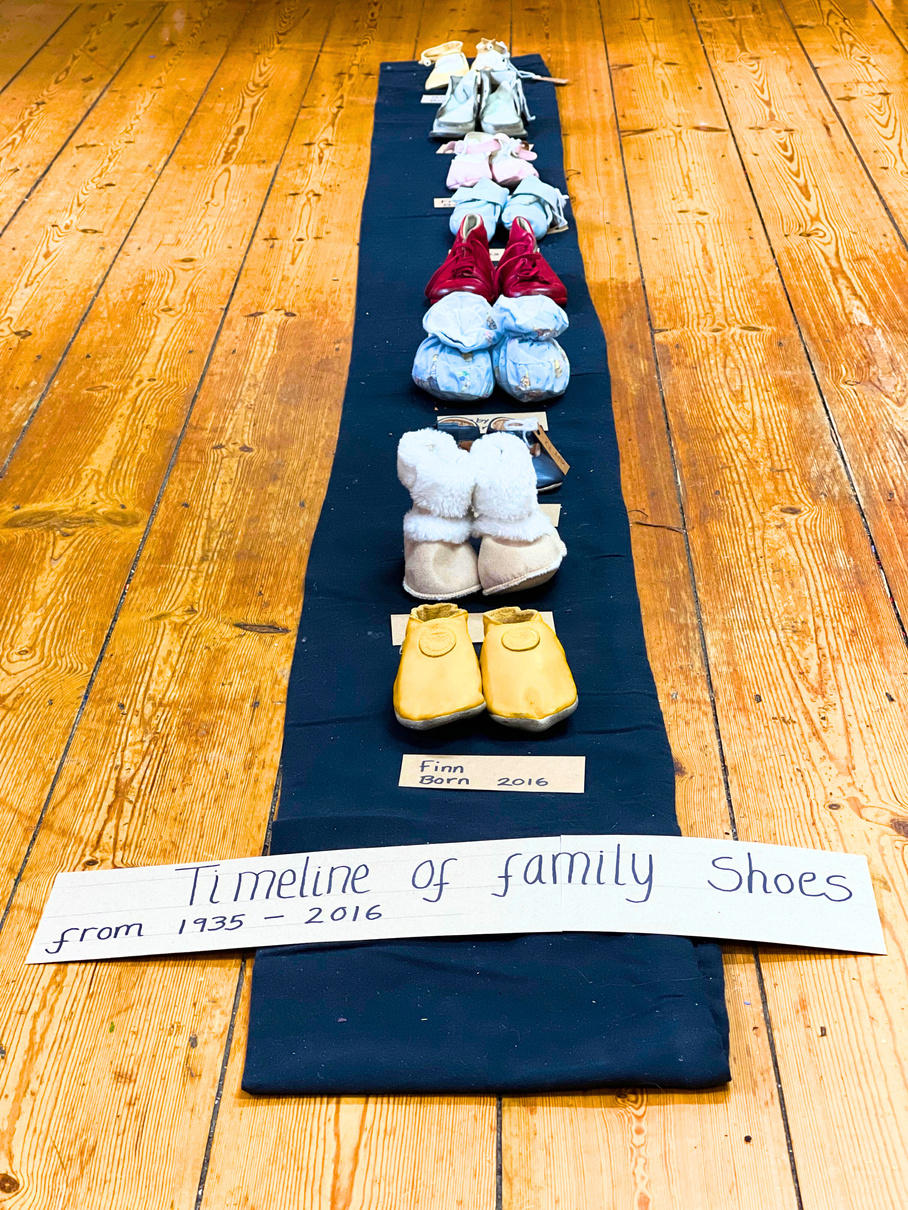
This is a super simple timeline that connects children with the passage of time. So often history becomes detached from a child's reality either because it does not include them or it is about a time in history of which they have no experience. So tip out the trunks and unearth family keepsakes.
Need Inspiration for a timeline, then take a look at ours.
CHILDCARE AT SIXTY SECONDS TO MIDNIGHT 09.03.2023

The steady rise in childcare costs has reached a prohibitive level, making the prospect of work little sense for many low to middle income families, the yearly expenditure for a two year old in full time daycare is just shy of £15,000 pounds.
Broadly two opposing opinions for the root of this crisis have long been held:
- greedy nursery providers
- stingy government funding
So how has this crisis situation come about...
As a former Nursery owner who began operating before the Government offered any financial support for nursery places, I know back then there was enough money coming in to cover salaries and offer a good if not oustanding service. However the economy and society was very different, mothers who were working in full time employment were a minority and consequently there were fewer nurseries offering full day care. Low cost playgroups run by mothers and sessional nursery schools offered the bulk of the Early Years provision for both mothers who stayed at home and those who worked part time.
Family finances have changed coinciding with a number of factors; increased home ownership, globalisation impacting and increasing the market availability of goods and services, international and domestic travel, equality issues and the desire for women to follow careers, each have made demands on childcare provision, In short the British public aspired to have increased prosperity and Government aspires to at least keep up if not surpass the economies of its foreign neighbours, actively encouraging mothers back to the workplace after a birth and the population following a pandemic, but the foundations for these aspirations are based on shifting sands.
The truth of the matter is neither government or provider instigated the childcare crisis, it would be fairer to say it was the working demographic that was responsible, but the growing situation has not been planned and managed effectively or fairly. As Government increased the funded hours it became more difficult for nursery owners, especially the smaller nurseries to absorb the funding shortfalls. Government repeatedly denied any inadequacy in funding rates, inferring that providers were being greedy and stated that nursery owners should diversify their offering to cover losses, there was even suggestions that staff should take in parents ironing as a means of boosting funds. Nurseries responded not by offering laundry services but by offering out of school and additional child care services i.e. charging for elements of care not funded by Government: nappies, food, unfunded hours and forest trips out, this causes animosity among parents who believed the Government when it purports that Nursery care is free
Each time the Government increased the childcare offering, nursery reserves diminished. Slowly the funding offered changed, even by description, Nursey Education Funding (NEF) became childcare funding. In reality restrictions that surround free hours making it impossible to balance the books, the government funding now completely inadequate. In short The 'Free Hours' initiative heralded the beginning of nursery closures, To maintain survival some nurseries and schools have resorted to unashamed, unprincipled marketing strategies and cut throat practices.
Has Government increased its child care budget, Yes, but this has not kept pace with expenditure, 75% of income generated by nurseries is spent on required salaries, the remaining 25% is spent on food, heating and resources and then there are the hidden expenditures. As demand for full time daycare increased so has the complexity of legislation that surrounds its regulation, raising hidden costs surrounding; administration, insurance, funding, P.P.E., staff training, repairs and safeguarding, By the time any promised increases in government funds reaches nursery bank accounts it has already been spent.
Added to the above Government overhauled the qualifications of the child care workforce, moving forward from what had been historically considered a vocation towards professional status, achieved by raising the entrance qualifications for those aspiring to the join the profession and standardising existing qualifications, this caused a dearth in newly qualified applicants that remains today. Now add to this a pandemic and its workforce fall out, increased pay demands, rising food prices and an out of control energy crisis, all have impacted the recruitment and retention prospects of an industry that through defecits and lag in Government funding can only afford to pay the lowest of salaries. The overall picture of childcare is bleak and an unattractive business proposition to all but the largest nursery chains, who survive through economies of scale but, may well yet struggle.
The Government claims the number of nursery places has broadly stayed the same, if correct this almost certainly has been achieved with the expansion of the larger chains in the sizeable towns and cities and has made little mark on rural areas. However the shortages in trained staff are now endemic and countrywide resulting in the smaller providers disappearing in droves, these are now being joined by smaller and middle sized nursery chains. So comprehensive has been the rate of attrition and so blinkered the Government's response, one wonders whether this is just ineptitude, or could there have been a plan, worse still is the possibility of there being no viable way forward.
Before my withdrawal from daycare I spent at least 75 hrs per week continuously reading and keeping up with policy change, tirelessly trying to recruit staff and juggling haemorrhaging finances, any thought of reinstating my own salary a fairy tale. In short I joined the ranks of thousands of other nursery owners who subsidised this Government's aspirations and public need to the detriment of family, health and personal finance. I like so many others hoped that Government realisation of crisis and a recognition of profession over vocation would result in responsibility, but these too I realise to be fantasies. I now consider myself fortunate having got out before what appears to be the final meltdown.
So where is this all going and what will meltdown bring...
Without change in the nursery sector, the UK economy will wither in the time it takes for the larger nursery chains to establish dominance, the alternative to this scenario is the creation of a National Childcare Service, in many ways we are 3/4 of the way there already, the difference being that buildings and assets used, are for the most not government owned. Given the state of the N.H.S. is this really viable? A further option would be that schools take in all early years but again this will take time and significant investment, money the Government does not appear to have. What is certain is an industry that has long been on its knees now faces a sixty seconds to midnight situation. Government must address once and for all and as a matter of expediency, the current necessity for nurseries to cross fund age groups, this leaves parents of unfunded children in a ponzi-esque situation of subsidising those who receive Government funding. If funding is not effective and the workforce situation remains unaddressed it will take more than golden hellos and empty promises to prevent collapse.
What ever the outcome of the chancellor's budget, be it -fab, flaky or fudged, expect changes in respect of quality, cost, ethos and equality, alongside a reduction in availability. These changes will inevitably add to instabilities of the industry and the country as a whole in respect of UK finances, birth rates, and the quality of living, which may plunge accordingly. My advice would be to look at finances dispassionately, think about birth scheduling and consider twins may not be such a blessing!
International Womens Day 08.03.2023
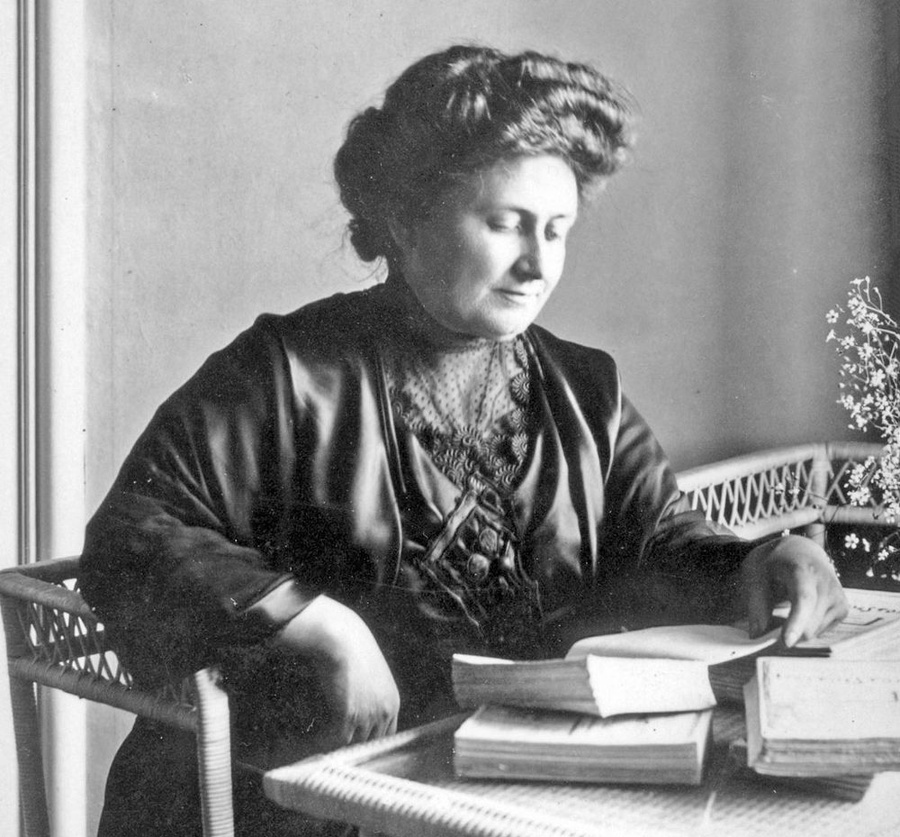
Maria Montessori is known all over the world for her work with children but few are aware of her huge contribution to Womens rights and World Peace, she defied convention by being an unmarried mother and was an outspoken critic in respect of gender and social inequalities, she campaigned vigourously for for equal pay, voting rights and womens education and was the first Woman to graduate from the University of Rome La Sapienza Medical School opening the door for many other women inspired to study medicine, a profession that had up this until point been overwhelmingly male.
Montessori was a self proclaimed pacifist abhorring war and conflict and the destruction, waste and loss of life it stood for, she was not afraid of challenging World leaders, consequently her education method was banned and schools closed by both the Nazi German and Italian Governments when it became clear that she would not support fascist youth initiatives.
Montessori together with her son was interred in India during the second World War and it was here she devised her Peace curriculum. In 1949, 1950 and 1951 she was nominated for the Nobel Peace prize in respect of her humanitarian work. If ever there was a case for awarding the prize posthumously it should surely be for Montessori's legacy.
A true inspiration.
Child Learning Communities 03.03.23
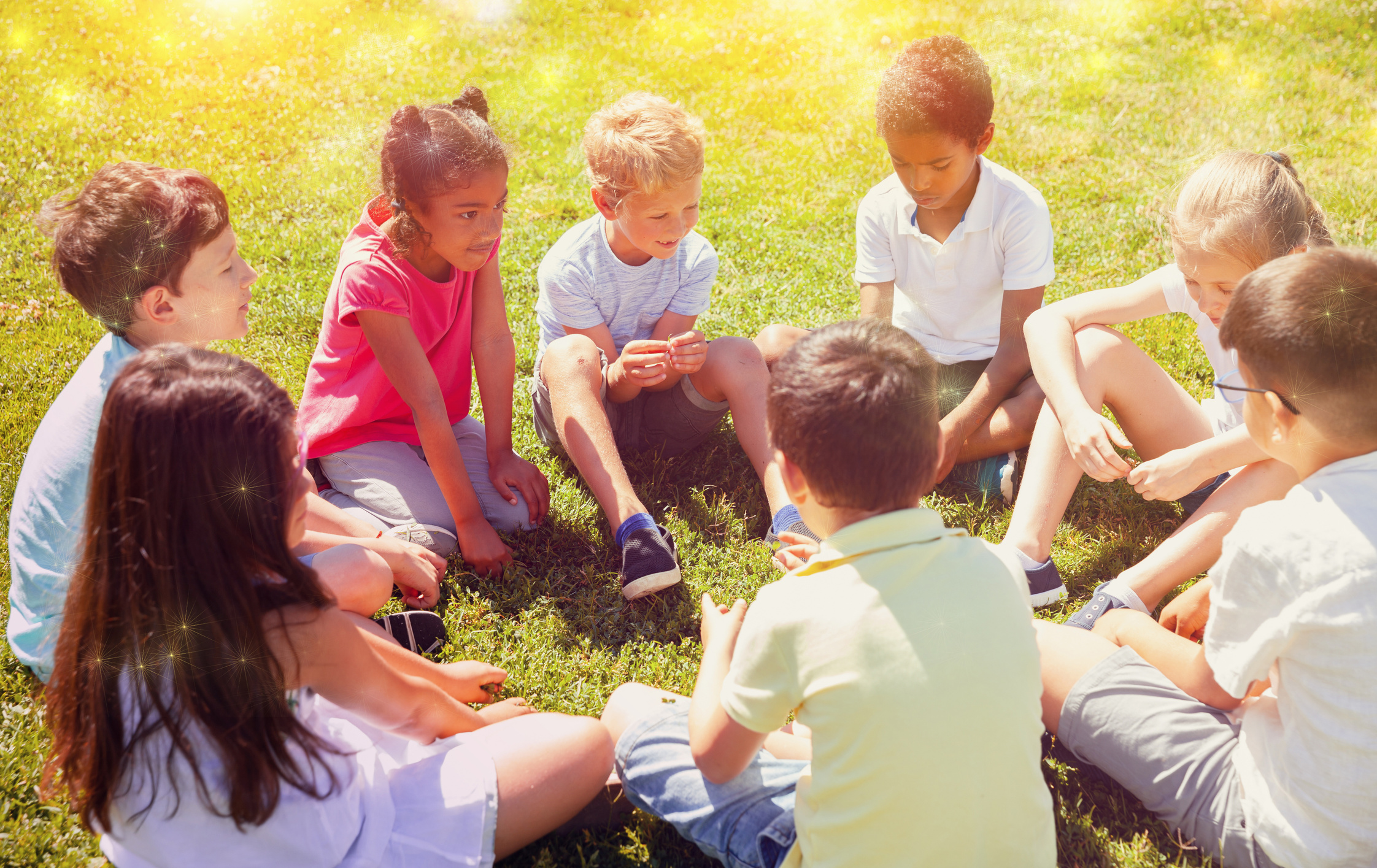
What effect does child community have on education?
In general the majority of children in the UK are educated in horizontal year groups, the advantages for this means that teachers can plan for a single age group from a standardised curriculum. There does appears to be a greater leaning towards competition among children and whilst this may be an incentive to well matched abilities it is less desirable for those who find learning more of a challenge, and could ultimately lead to potential rifts within class community..
There are disadvantages in so far as there is little pupil autonomy and learning is generally not personalised, teachers relying on children acquring knowledge and skills at more or less identical rates. Children do not have the freedom to pace their own learning, may not take a break ftom an activity to move around and often have their 'in class' peer group chosen for them according to ability, this risks elitism and becomes more marked as they progress up the school and ability streamed.
Home educators and those settings who follow alternative philosophies often use a vertical group approach whereby children of mixed age groups are educated and collaborate together. The advantages of this approach are that children can have a more personalised learning journey that offers a greater level of autonomy; children have more choice of study, choosing their subject matter, pace, peer groups, location and duration of study, this agency encourages greater investment and ownership of education, There is less competition in a vertically grouped class because the class is not evenly matched in respect of age, this does have its bonuses, in so far as older children will more readily mentor and include younger children, who, are often inspired to learn more from their often older more able peers. The disadvantages may be seen as it being more labour intensive for the teacher from a planning perspective.
What appears noticeable from the above models is that the former appears to suit the adult and the latter is more agreeable to the child.
World Book Day
Growing Up With Books 02.03.2023
Books play an important part in the lives of children, the page turning experience cannot be underestimated or surpassed. Books are every where and today's children amass considerable personal libraries by the age of seven. This has not always been the case, there have been times when children's publishing was bleak.
During the second World War, both paper and workforce were precious commodities focussed primarily on the war effort. Born in the sixties when publishing was recovering but books still scarce, we had few children's books in our home that did not belong to a previous era or were not comics. Consequently the majority of our reading occurred at school or in the public library. A gift of a new book was an event and a much prized possession. My first memories of just such a treasured book was Brian Wildsmith's The North Wind and the Sun, this book transported me into a different world, one full of colour and wonder. Whilst the narrative is simple, the illustrations are as captivating as when I first experienced them as a child of six. This author/artists' work remains a particular favourite of mine, the illustrations so timeless they could have easily rolled off the press yesterday
Take a look at these, just stunning:



All Brian Wildsmith pictures have been reproduced with the kind permission of the Wildsmith family. You can link to the Brian Wildsmith website Here
Physical Timelines 23.02.2023
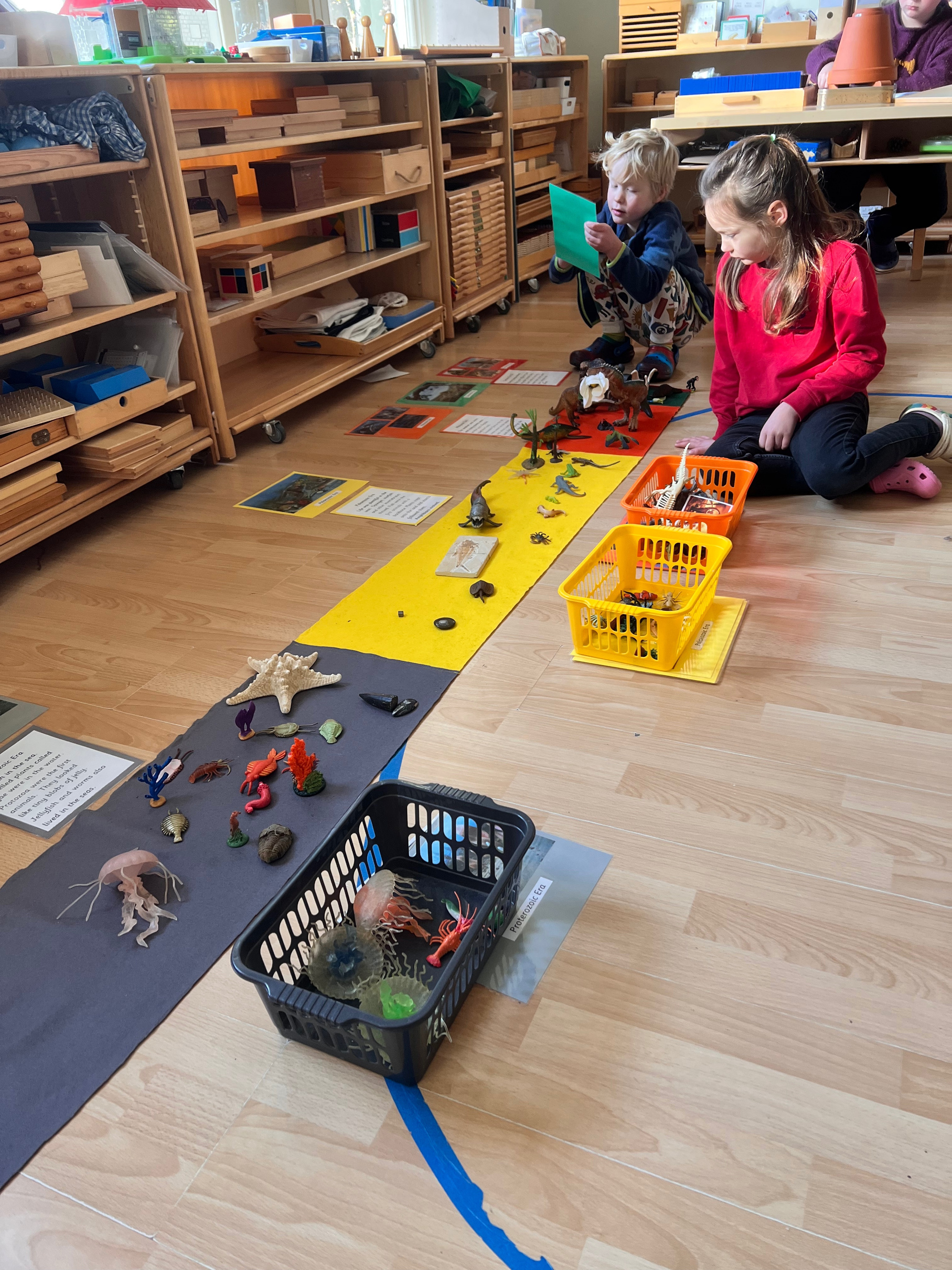
History is quite a difficult concept for young children to fully engage and grasp, simply because the imagination has a hard time absorbing something of which there is relatively little experience, this is not helped if history is presented as isolated periods of time, largely date driven and consequently relying on abstracted number skills. These combined make it difficult for the child to envisage and consequently History in this format risks being dismissed as boring.
In a Montessori environment timeline study starts early in Pre-school with children's own life stories revisited each year with a narrated birthday walk and the introduction of personal timelines. These are both visual and physical accounts, presented alongside objects brought from home that are representative of the child's day, week, month, year or life so far .
In the later years; between the ages of 5-6, children have a further encounter with timelines with the introduction of the first two of the Great Lessons/stories; The Formation of the Universe and The coming of Life, these are linear depictions of historical progression utilising story alongside artefacts, experiments and models.
When a child moves to the elementary class, timelines continue to feature heavily with the remaining great stories inclusive of the Emergence of Peoples, their development of Communication and invention of Number, the final story The Great River, originally a supporting tale but now established as a Great Lesson in its own right, explains the systems of the body and paralells this with the offices of Government. The story also supports social acceptances and the custodial role all humans play in relation to the well-being of themselves, others, the planet and its resources.
Each timeline study includes physical artefacts that children may handle, these aid the imagination. Over successive years more abstract representations in the form of pictures and text are presented . Older children recreate or construct their own timelines as part of their research in relation to their own historical interests i.e. ships, boats, clothes or social acceptances. Historical study may also be enriched by 'going out' opportunities such as a fossil hunt, an archaeological dig, nature walk, historical play or re-enactment.
This multi sensory learning approach to history reinforces the child's tangible to abstract learning process which in turn, hardwires the knowledge making is wholly retrievable and sustainable.

Books & Resources
19/02/23
I am always being asked about books and resources suitable for home use, so... over the next few weeks I will start to construct a navigatable page of Montessori and non montessori titles for differing age groups.
You will also be able to browse the entire range of downloadable Beacon Montessori Products for use at home.
A.I. in Schools, what's not to like!

Feb 2023 Half Term Debate
If you are a regular reader of the 'Our Village Blog', you will have gathered I am not an ardent fan of unfettered technology, particularly in respect of human face to face roles and decision making. Don't get me wrong, I am no luddite, I would be the first to acknowledge there has been some amazing advances in respect of Science, Medicine and Nanotechnology and only recently I listened to how A.I. has made such a huge difference In the Turkey quake disaster's search and rescue logisitics.
This advancing technology is developing at lightening speed, today's outlook being completely different from the same time last year. Artificial intelligence (A.I). is seeping into the fabric of our society with very little fanfare and is now used by government departments increasingly. A.I. makes use of algorithms, these emulate human understanding and decision making, however algorithim technology is only as good as its source material. Set in train by humans A,I. can and could reflect bias and as we all know ...to err is human, Note the caution in what Sam Harris has to say, his TED Talk is available here. and Nick Bostrom's here
News of A.I'.s educational potential has spread like a rash and has been lauded as ground breaking in respect of personalized education and special needs, so much so that Laura Kuenssberg has stated that A.I. technology will be made a regular feature of her Sunday debating/news programme. I sincerely hope this debate will be a balanced discussion, airing all areas in which education may change. I believe A.I. should be viewed with caution, knowledge is understanding, so to blithely follow a curriculum approach that has not had the benefit of any significant reflective analysis seems irresponsible and begs the questions of whether there will there be checks and balances and ultimately accountability? We have the HFEA that regulates with teeth: gene editing, cloning and fertility, will the Governments's Office for Artificial Intelligence regulate the use of A.I. in education with the same level of responsibility and far sightedness, or will its ethical merits be tested on use. Since writing this post the UK Government has decided that unlike other countries the UK will not be appointing an overall designated regulator but rely on existing industry specific regulators spread over a range of disciplines to regulate the use of A.I., lets hope this strategy works and does not give rise to the mis-matched, the shambolic and the ineffectual. A group of tech giants including Elon Musk, Geoffery Hinton, Yoshua Benjo have penned letters of warning calling for a halt to A.I. development, the latter are considered as two of the three Godfathers of A.I. they cite threats to humanity and enfeeblement, these surely warrant a pause for assessment. The difficulty maybe that the lid of Pandora's box is well and truly off and it is all too late to make any difference.
It seems to me and from an intellectual standpoint that A.I. technology has the potential of undermining natural curiosity. At present students are taught to be curious and learn by reproducing concepts and formuli of the great thinkers and philosophers, how long will it be before their discoveries become digital irrelevancies. The mind is likened to a muscle, without exercise it will atrophy and dull. Will A.I. encourage us to forget the achievements of the past and in so doing might we be stepping back to an age of pre-enlightment.
What assurances can be given that rapid adoption of A.I. in education will not be a response to burgeoning financial issues. If Harris and Bostrom are warning that there is significant margin for error surrounding implementation, placing all eggs in one basket would appear to be too greater risk and goes some way towards explaining why tech giant C.E.O's choose to educate their children somewhat differently, often without technology
And finally, the continuing development of A.I. will undoubtedly touch everyone, surely then consultation should not be purely the prevail of politicians and industrialists and should be opened to populations as a whole. To exempt the opinions of the majority is not only bigotry but it also waives the concept of democracy.
During the course of my own research I came across this article and whilst it has been put forward by a Montessori vested company, it's cautions should be of concern to all parents, no matter what their educational philosophy.
The Philosophical Implications of Using AI in the Montessori Middle School Environment.
POSTED BY AKI MARAGARITIS ON JAN 31ST 2023
Although the use of Artificial Intelligence (AI) in the classroom has the potential to revolutionize the way we teach and learn, it also raises several philosophical questions and implications that must be considered. This is especially true as the educational world is on fire about OpenAI and the use of ChatGTP. It can be easy to miss the big picture when we focus on individual aspects of the situation.
One of the most significant implications of using AI in the classroom is the question of agency. Agency refers to the ability of an individual to make choices and act upon them. In a Montessori classroom setting, students have agency in that they can choose how they will engage with the material and what outcome they want to see. However, when AI is used in the classroom, students may be less in control of their learning experience. For example, an AI-powered learning platform may be designed to adapt to the individual needs and abilities of each student, but it may also limit the choices available to students, or even make choices for them.
This point raises ethical questions about the role of AI in education. For example, if students are not in control of their own learning, how can we ensure that they are learning the skills and knowledge they need to be successful in life? Additionally, how can we ensure that AI-powered learning platforms are not biased against certain groups of students, such as those from low-income backgrounds or students with disabilities?
The second implication of using AI in the classroom is the question of personalization. Personalization refers to tailoring the learning experience to meet the needs of individual students. In the Montessori classroom, personalization is achieved using different teaching methods, materials, and assessments. However, AI-powered learning platforms can take personalization to a new level by using data to create a unique learning experience for each student.
This in turn raises additional philosophical questions about what it means to learn. For example, if the learning experience is tailored to the individual needs and abilities of each student, does this mean that learning is no longer a social and collective experience? Additionally, if students are only exposed to material that is tailored to their abilities, how can they be challenged to grow and develop new skills?
A third implication of using AI in the classroom is the question of autonomy. Autonomy refers to the ability to make choices and take responsibility for one's actions. In a Montessori classroom, students are expected to take responsibility for their own learning by completing their work, planning their own educational route, studying for assessments, and so on. However, when AI is used in the classroom, students may be less autonomous, as the AI-powered learning platform may make choices for them. If this is the case, how and students lose the control they currently possess over their own learning, how can we ensure that they are developing the autonomy they need to be successful in life? Additionally, how can we ensure that AI-powered learning platforms are not limiting the autonomy of students, especially those from disadvantaged backgrounds?
Finally, the use of AI in the classroom raises questions about the role of the teacher. In a Montessori classroom, the teacher is responsible for guiding students by planning lessons, striking the imagination through specialized instruction, and assessing student learning. However, when AI is used in the classroom, the role of the teacher may change. For example, the teacher may be responsible for supervising the use of the AI-powered learning platform, rather than delivering instruction. In such a scenario, what is the role of the teacher? Additionally, if the teacher is no longer responsible for guiding or delivering instruction, how can we ensure that students are still learning the skills and knowledge they need to be successful in life?
AI in the classroom has the potential to revolutionize the way we teach and learn. However, it also raises a plethora of philosophical questions that we still need to address, understand, and plan for.
Aki Margaritis is the Executive Director of ETC Montessori and holds teaching credentials for middle school and high school in the areas of biology, math, chemistry. He also holds a Montessori Secondary I credential from AMS.
Six Great Lessons, Six Great Stories 11/02/23

How do you work out an educational framework/plan or set of starting points that will engage and inspire your child to absorb and discover? The best strategies develop by observing and really knowing your child(ren), their interests and style of learning. Trying to make an off the shelf curriculum fit is often a recipe for failure as these rarely explain why we should learn, how to achieve that initial engagement and do not grow according to interest.
Far the best way to start is with a really good story. Using the Montessori approach we start with just that and what better story than the biggest and most dramatic of all...
The Formation of the Universe or Big Bang.
We have found setting the scene, is a sure way to hold interest, by darkening the room we create an atmosphere and start our story with ...Have you ever wondered how our universe came about.... We use props to help tell our story: a large black balloon filled with sparkles, a pin, a black cloth on the floor and as much drama as we can muster. We introduce and demonstrate the basic states of matter of solids, liquids and gasses, we erupt volcanoes and carry out simple but explanatory experiments, taking history forward but stopping just short of when life emerges as this is theme of our next great story.
The Second Great Story is about The Emergence of Life
To illustrate the next four stories we use timelines to help reveal passage of time, placing real artefacts such as minerals and fossils as well as models and pictures at appropriate points along the line. We often explain that this is the scientific view but may also include aspects of the many creation stories. We take our account up to the point of the coming of humans/peoples.
The Coming of Peoples
We use a further timeline (the timeline of the hand) to describe human development, We discuss the Fundamental Needs of Humans,,,food, shelter, clothing, community, beliefs and our capacity to love. Again we use made materials to support this story, we talk about what we know in relation pre-historic peoples, explaining that archaeologists hypothesize by studying what humans leave behind, there being no recorded history for this period, this leads on to our next amazing story.
The Story of Communication
We introduce the history of communication as a simple fictionalised explanation that describes the need to communicate, including signs and gestures and the need to mark make with the intention of passing on information. We cover all languages including forgotten and digital. These lead to the next story.
The Story of Number
During the course of this story we discuss the earliest examples of number usuage, recording and origin, how this developed into modern day, bringing about invention and innovation.
The Great River
This is the last and most contemporary and whilst not originally considered a Great Lesson in our school we consider it so. The story engages the power of the imagination conjuring up a wonderful industrious place and its inhabitants, Our story describes the need for custodial roles and responsibilities, these invoke co-operation and the need to work together to maintain stability. This story promotes discussion and the debate of issues that effect our everyday lives: health, well being, keeping safe, relationships and social acceptances, bringing us back full circle to the Fundamental Needs of Humans.
All stories form a linear expression of history and can be adapted to accommodate family faiths and beliefs. Each story acts as a jumping off point and may incorporate all desired core subjects, Great Lessons are supported by key lessons and further stories.... the Cosmic Tales, these have more specific foci encouraging a wide range of studies. More on these in future posts.
04/02/23 Engaging the Senses
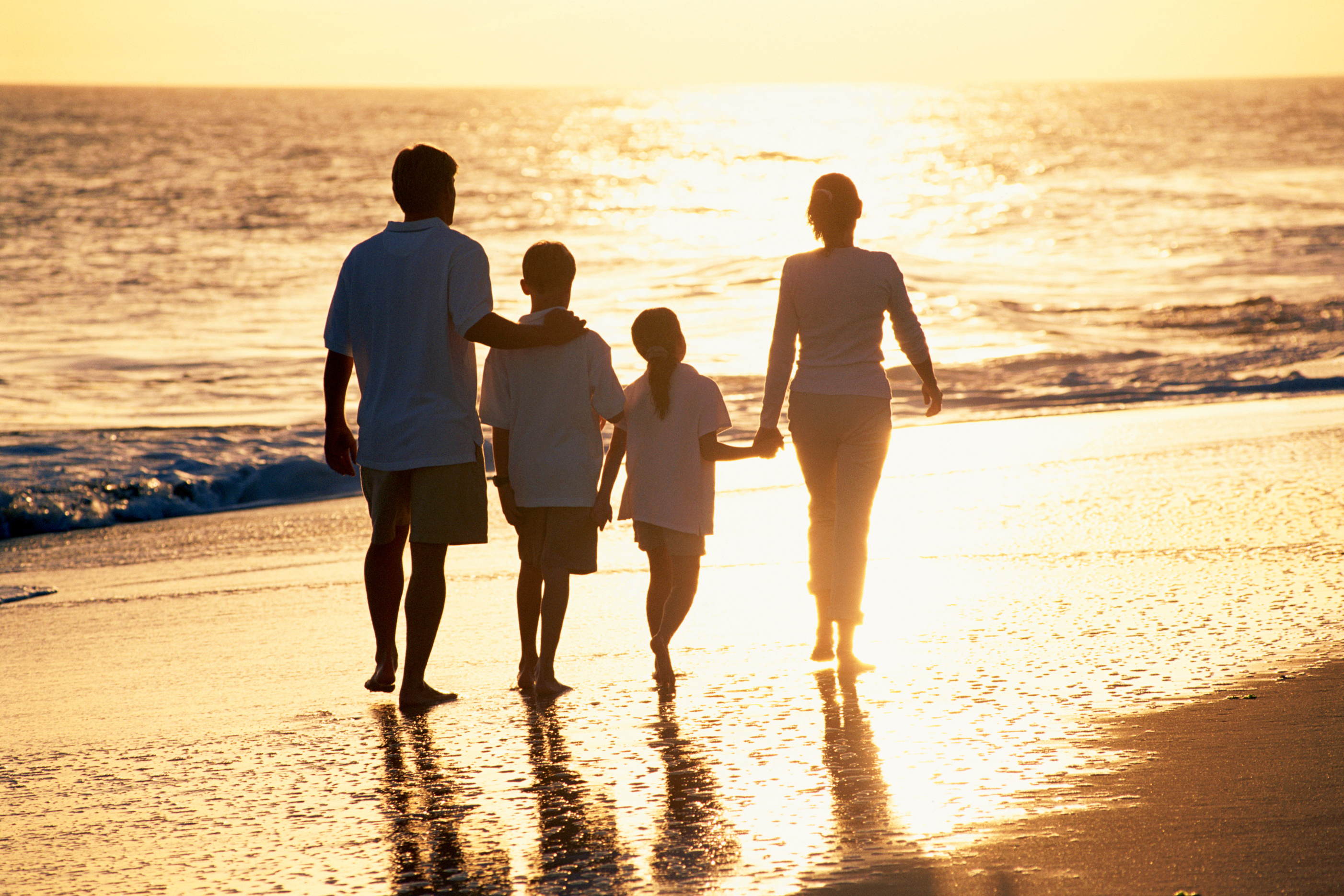
From the moment we emerge into the world our brains are bombarded by stimuli sent via our senses. Many of our education pioneers such as Froebel, Steiner, Malguzzi, Macmillan and Montessori advocated rich immersive sensorial experiences for children, realising this to be a critical time for human development and cognition, recognising that activity and circumstance shape both child and adulthood.
This understanding had been reflected in schools, nurseries and forest schools up and down the country, each set up to exploit and maximise the developmental windows of opportunity most young children pass through. At one time Multi sensory learning was the buzz phrase of the era. However over the past ten years child poverty has never been greater despite all assertions to the contrary. Child opportunity has been eroded and narrowed by pandemic, it's isolations, academic legislation and expectation, economic, societal and technological change, European war and now worker strikes. Each contributing to a level of neglect and deprivation unknown since the second world war. In so many ways history repeats itself and yet there appears to be an uncanny ability to forget.
The quality of child education now requires ring fencing and this is not purely a matter of salaries and finance, but should offer protection from the constant meddling and reincarnation shaped by curriculum and procurement decisions, much of which are not future proofed, thought through, or long term risk assessed. These create a situation of continual flux that eradicates the ability of front line teachers to deliver, master and refine curriculum with any semblance of continuity.
Experiencing and absorbing the world via all our given senses: seeing, feeling/doing, tasting, smelling and hearing enables us to experience our world in its rawest and most authentic state i.e. walking to view nature and biology irrespective of mud and rain, real chemistry, real art with paint, real design and technology, metal and woodwork, real cultural and historical experiences, Our senses offers a safe way back to the achievable, to the human. Only by engaging our sixth 'common' sense will we protect the lives of future generations and begin to rebuild the perception, skills, industry and humanity we have lost,
29/01/2023 A Spiralled Curriculum
There are effectively two models of curriculi, each appealing to the type of school and education offered.
The National Curriculum, currently the most utilised approach within the UK and found in the majority of state and many public schools, is an example of a non-linear curriculum, the model platforms processes of learning in different knowledge domains, this relies on each student being ready to absorb all facts in one period of block study and is the preferred approach for schools offering year group classes.
A spiralled curriculum differs as it is a continuum, subject matter introduced and revisited in a linear progression over a period of time. Using a spiral delivery method, learning is layered allowing for the student to gradually absorb information according to maturity over a longer period of time. This spiralled model has been adopted by the Montessori movement because of its chosen philosophy and the way Montessori classes are structured, each child staying within the same class for three years alongside a cohort of children of differing ages i.e children aged 3-6, 6-9 or 9-12 years.
Both approaches have their merits associated with the type and ethos of the establishment. Perception of disadvantage is only perceived and magnified when a curricula approach is analysed using an opposing view point and metric. This is particularlary poignant for Montessori Schools as the UK bench marking organisation uses a single metric,
There's the rub, or perhaps ...them's the breaks.
The solution would be the formal acknowledgement and utilisation of other curriculi and metrics as is the case in Australia Singapore and other parts of the world.
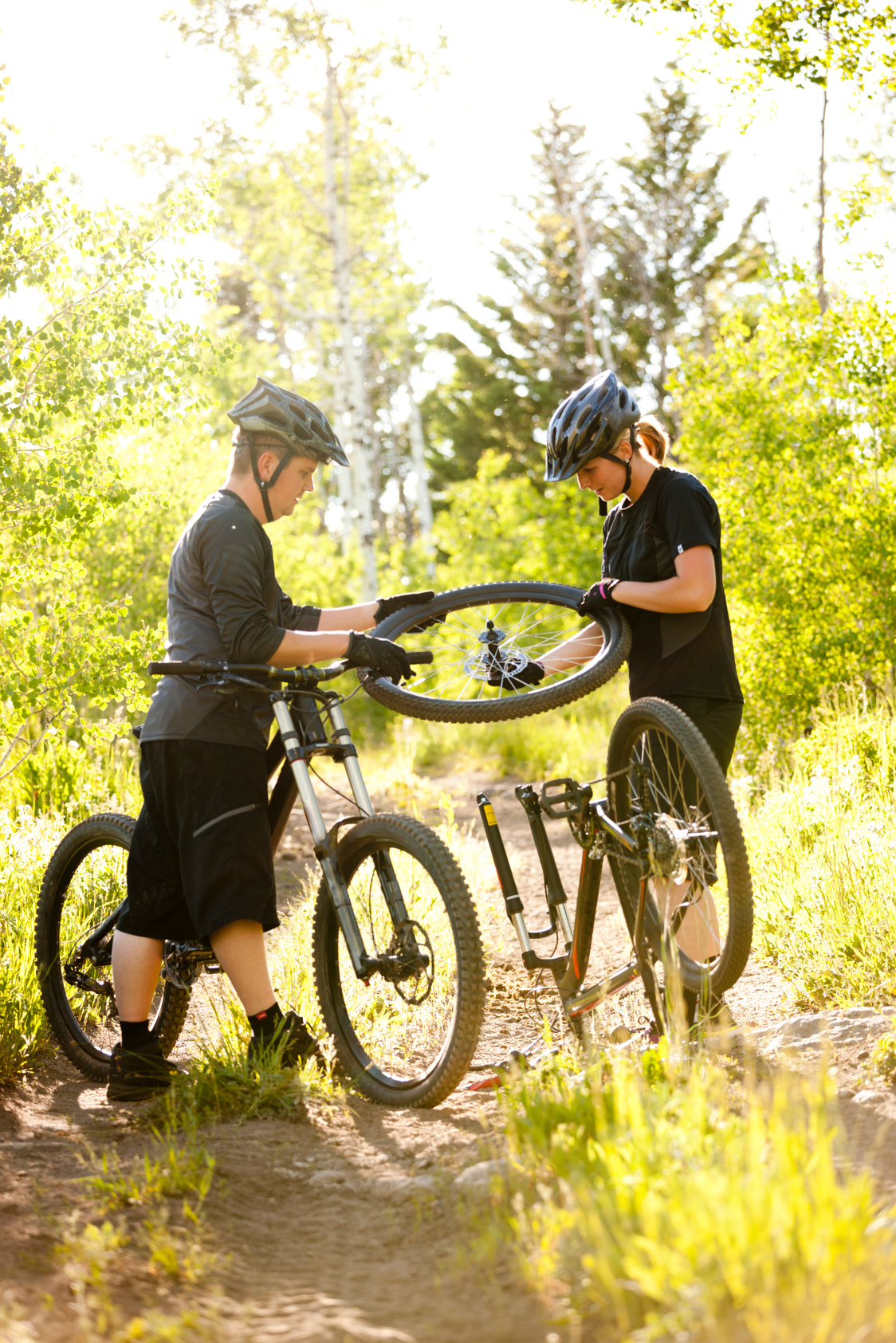
Everyday Skills
22/01/23
Education is not just about academia, the importance of having practical life skills should never be under estimated, whether this be baking a cake or mending a puncture. Home educated children are often extremely independent, possessing the skills to problem solve in relation to challenge. This confidence sets them apart from those who perhaps have not had the opportunity or time to work on a skill that would not normally be covered in a school curriculum. It is these seemingly small achievements that contributes towards a competancy that ripples out impacting all they do, whilst giving a sense of self worth.
Motivated Valued Interesting

Making Algebra Concrete
03.01.23 Bridging the Gap
All too often I have been told by parents that one of the biggest factors leading to the decision to home educate was to allow their children more time to work at a comfortable pace to achieve an internalised understanding - abstraction. Similarly I have often heard mainstream teachers lament over inflexibility and lack of time in relation to the National or other school type curricula.
The reaction of mainstream teachers to the logical progression of the Montessori materials usually manifest in one of two ways, either they totally get it and voice regret that there simply is not the time or resources to allow individual children to progress this way in their school, or they recoil in horror at the depth of knowledge, practice and discipline needed for the Montessori guide to facilitate this type of learning.
So before we drill down and examine the reasons for the difference in approach and the theories relating to consolidation or abstraction, let us be clear on meaning -abstraction is the ability to retain and recall information cerebrally, leaving behind aids, and manipulatives that initially embed concept and operative understanding.
Abstraction in a mainstream school does not appear to have a great deal of consideration, there appears to be no lasting and consistent approach towards this, children not given time to reach this stage naturally and appear to be encouraged to discontinue the use of manipulatives in favour of memorisation i.e the Rock Star drilled maths approach. This approach appears to be dictated more by testing and procurement than science. This is not to say that teachers go out of their way to ignore developmental theory but it being more a case of external and curriculum pressures. If the child fails to keep up with the class majority they may undergo some form of additional remediation.
So how is abstraction reached in Montessori Schools who traditionally have little testing and enforced homework?
Children in Montessori schools are given much more time to abstract naturally, children remaining in the same class cycle for three years which gives scope for a more individual pace. Montessori is a scientific method of education based on the many years of research of Dr. Maria Montessori, one of the pillars of her philosophy being hands- on sensorial learning that uiilises the operational stage of development, spanning from foetal experiences and continuing throughout the Early and Primary Years. Only when the individual child has reached a point of abstraction does this signal the beginning of the discontinuation of tactile learning. Abstraction rarely occuring by a defined age or with uniformity across a range of subjects, a certain amount of switching back and forth is expected until concept is well embedded.
Sport is a good analogy when differentiating the two approaches: Montessori professionals liken abstraction to the journey an athlete takes - the Manipulation of Montessori materials hard wiring skills from an early age and discontinued only when manipulation becomes slower than cerebral recall, manipulatives then left behind. Main stream education appears to be more a situation of getting everyone over the hurdle at the same time and as quickly as possible.
Will 2023 be a force for change, can curriculum content designers put aside the rhubarb approach of artificially forcing abstraction in children, there are better ways if only there is the courage and will to make a paradigm shift.
If there is to be a levelling up in education may be the foundations need digging out rather than shoring up.
The Twelve Days of Christmas 17/12/22

Here are twelve practical life ideas for the Montessori Family, focussed around a family meal, edible gifting, craft and preparation of the home at Christmas.
- Napkin Rolling
- Fir Cone Foraging
- Making table decorations
- Folding place cards
- Home made Christmas crackers
- Christmas gift wrapping
- Laying the table
- Cooking tasks
- Ironing table cloth
- Pouring water
- After dinner charades or games
- Clearing away
15.12.23
The Gift of Giving
Ti's the season, for being Jolly and the giving and receiving of gifts, but gifts come in all shapes and guises and should not be seen purely as a yearly obligation and homage to consumer excess.
In our Montessori home Ed. environment 'giving' takes on a slightly different focus and is more a situation of giving back, this occurs once a child has internalised a skill successfully and has the confidence to show others. The Montessori guide is aware of the value of this collaborative approach and may use this method instead of, or in tandem with an initial presentation. All children benefit; the instructing child from enhanced confidence, communication and leadership skills, the instructed child who learns more readily and aspires to be like their accomplished peers, this sets a positive cycle of learning within the environment.
At one time we contributed to the annual destruction of trees in the northern biomes, the accumulation of oil based plastic products and the plunder of our earth's rare elements these synonymous with the festive season. In more recent years our opinions have shifted and we now celebrate the season with a more measured and considered approach, having reached capacity for stuff, tired of consumerism and fears for planetary viability.
We have established some simple rules, all gifts must have a self made element, may include books (preferably second hand) or services to be rendered. What a success -the gifting of experiences, home spun gifts highly feature as does the promise of services. Our youngest children set about employing their practical life and everyday living skills whilst making gifts, these proving to be some of our most treasured. We make, fill and decorate stockings, crackers and the tree with home made edible delights and some of our more gifted family members devise festive games..
Christmas is now a simpler and more enjoyable occasion, given over to spending time in each others company and sharing a celebratory meal. Job done!
Or so you might think -our children whilst home educated still encounter and face the same challenges as other children. We as parent teachers agonise over screen exposure, the temptation of tech and its influence that would, without checks and balances degrade the simpler pleasures. We like many other parents ponder our children's moods, their acquisition of practical skills and the quality of their social interactions given like so many other families, our rich neurodiversity.
Giving, both in our classrooms and in our family is about tolerance, communication, understanding, patience and time (the latter the hardest to achieve). Giving is about working towards all the above and remains a work in progress.
Merry Christmas and hope for a peaceful 2023

11/12/22
What is MIP, is it important and who should be reponsible for instilling these values in children?
Morality, Integrity, Probity
Learnt behaviours come about by observation and emulation, whilst much is positive some are less desirable and rooted very early on in a child's life. How and where does this come from.
As a young child I found the slapstick of clowns and cartoons very difficult to understand as these often epitomised behaviours highlighted by my parents as undesirable -gratutuous delight at others expense. Young children often cannot differentiate between what is comedy and what is real life. The German culture has the expression of 'Schadenfreude' which aptly describes the act of enjoying the misfortune of others. Schadenfreude may start as racuous laughter at the clown falling face down into a shaving foam pie but may quickly escalate to the ridicule of a peer that falls carrying a lunch plate. Left unchecked this pattern of behaviour may lead to bullying and victimisation, indelibly marking character and damaging confidence for life.
The Family is predominately the child's 1st platform for MIP, families instigate and model social behaviours that reflect their cultural values, often passed down from generation to generation, these are are now in danger. Whilst there is no single cause, changes in the extended family, lifestyle and communication has resulted in MIP erosion, causing an exponential growth in societal and governmental polarization, not helped by an uncontrolled digital revolution.
Playground negative behaviours have given way to the adoption of far more sophisticated and in many ways sinister forms of alienation and bullying. These behaviours now common place, have become more normalized within children's lives and include:
Gas lighting
Schadenfreude
Smear campaigning/ systemic character assassination
cyber bullying/trolling both overt and covert
False Ignorance looking the other way
Duplicity
Bigotry
These are now all pervasive and entrenched in our society, acerbated by adult example and social media. Just as trickle down economics failed, trickle down morality is in danger of crashing and burning, Values and virtues once so steadfast and synonymous in our schools, religions, scouting and other youth movementrs, are now minority voices, trampled underfoot by a flood of rogue -celebs, media influencers and political figures, more concerned with notoriety, consumerism and sensationalism, than consequence of their own rhetoric. The once so obvious guiding family and community figures have been all but supplanted, their fail safe roles, checks and balances fading fast.
- do the under eighteens need social media, we do after all, have age limits for so many other habitual and potentially dangerous pastimes.
Whilst there has been some attempts by government departments to clamp down on the cyber aspects of bullying via increased safeguarding measures, other types of antisocial psychological behaviour remain rampant, not helped by the 'Do as we say, not do as we do' mentality of departments and their officials who propogate and then disseminate the very same behaviours both in their professional and personal capacities. The negative aspects of social media is the proverbial genie in the bottle, now well and truly out and all too big to shove back in.
The elephant in the room
Both Government and society must take responsibility by questioning, rethinking and then prioritising strategies to protect the young and vulnerable from what is quite definitely an online and in person existential threat of pandemic proportions, the effect of which, has yet to be fully felt.
Expect more, protect more and teach by example:
"Do unto others as you would have them do unto you" .


Freedom
21.11.22
'We could do anything we liked for as long as we liked'.
Freedom is an emotive word and not one that immediately springs to mind when associated with education. Freedom can strike fear in some educationalists and is often envisaged as activity without licence or by some -anarchy. The most successful educational approaches cite freedom as a tenet of the philosophy embraced and made possible by fostering independence and self regulation. The pathway to self regulation has to be initiated during early childhood and cannot be expected to flourish if is not nurtured throughout the entirety of the school years.
If we examine education from a personal perspective we may recollect our early childhood as being a time when we had more freedom and choice. However choice even for Early Years children is now heavily influenced by planning, learning objectives, environment, teachers and legislation.
Alternative education philosophies are often associated with freedom and this is because they promote independence and confidence alongside child well being. Montessori, Steiner, Malaguzzi and forest schools are successful advocates giving children agency over their learning. Freedom or agency is vitally important, children who have some learning autonomy are more motivated and reach a deeper level of understanding, they invest in their learning.
Children require logical explanations as to why they need to learn, getting a good job, salary and future prospects are not a sufficient inducements, these are abstract concepts of a period of development yet to be experienced. Montessori and Steiner teachers put the need to learn into context of practical activity and by telling stories, these act as magnetic platforms from which interest attaches and grows. It is our view that if children are given freedom and context for their studies they will thrive
A prescriptive curriculum where there is little freedom of choice or explanation often leads to resentment and superficial understanding, there not being the same degree of student investment or engagement, learning becomes a chore to be endured and got over as quickly as possible. Mainstream education is predominantly a prescribed curriculum comprising of a tightly timetabled array of mandatory unrelated subjects. This leaves little latitude for those children who question, work at a different pace and who may have different interests and abilities.
In the summer of 2020 The pandemic had hit, children were isolated in their own homes and gardens for long periods of time, they were definitely not free. We as a teaching community had put together a family support initiative that involved the delivery of packaged hands-on activities, our connection with families at this time was often their only regular non family contact. We could see the dramatic effect that enforced isolation had on the health and well being on both children and parents. When it was time to take the first cautious steps back to normality we took the entire community outside into local meadows, here in a tented community children decompressed and had the freedom to play and socialise once again, away from learning objectives, milestones and recorded targets.
As the summer progressed children settled down each day to preferred patterns of activity, there were groups who busied themselves in den construction and gardening, keen naturalists who explored the meadows looking for insects and small animals that were examined in detail, tree climbing associations and groups who organised themselves into teams for extended play with mud, water and sports, all children benefited from self initiated free flow activity, they were learning independently with only minimal adult intervention. This sounds like a recipe for disaster but on reflection there was no chaos or trauma. All children recall these months with great affection, many stating it was the best time of their lives, When asked why this was, their response was simple -'We could do anything we liked for as long as we liked'. It was a phenomenal time of calm, tranquility friendship and freedom, it was not anarchy and there were boundaries set by the children themselves that centered on-kindness and caring.
So now two years on, what have we learnt from this COVID era that has positively contributed to education, simple -relatively little, most schools having returned to pre-pandemic times and if anything education is now even more prescriptive than before, it just delivered, monitored and analysed almost exclusively by digital technology.
.
.
16-11-22
Hands-On learning vS the digital classroom
We read that digital technology is levelling up the learning of the nation's children, the prime minister suggests that Britain should be the new silicon valley but how relevant and long term sustainable is this type of delivery in schools?
Increasingly we see that children are introduced to virtual and digital technology at an earlier and earlier age, it is now common for parents to offer a tablet as readily as grandparents would have reached for a story book and this would seem to be on trend in today's schools, but is there any semblance of self regulated learning? Take a look at what Bold have to say on this subject: https://bold.expert/giving-children-agency-in-an-era-of-artificial-intelligence/
Statistics vary wildly as to how much time children spend each day on screened activities, some countries recording rates of up to ten hours plus per day. Reaction to world statistics have been varied, some governments fearing addiction have started to mandate maximum screen limits, others have offset health and well being concerns by making physical education mandatory in schools. What is troubling is the screen usage among children has increased year on year since 2018. In the UK this situation is acerbated by many children in schools not handwriting at all in the conventional sense, instead each child inputs their school and home work via electronic pen on to tablets, now factor in screened leisure time and the hours rack up alarmingly.
The current economic crisis is without doubt squeezing school finances, will these constraints foster an increased use of tech negating the need for educational field trips, no need to get wet or dirty, the Cambrian explosion and archaeological dig can be experienced from a classroom, cost/risk negative and courtesy of Apple, Youtube, Wikipedia or Tik-tok.
Concerns that screen time may prevent children having regular engagement with the natural world are being voiced by many leading experts, others citing rising obesity and health issues state that children are becoming increasingly sedentary and ignorant of outdoor safety. Let's take the case of Giant Hog Weed, it is difficult to differentiate this bio hazardous plant from benign Cow Parsley or Angelica, the sap of Giant Hog Weed alters the skin's ability to protect itself from the sun, resulting in serious burns and in worst casses blindness. Hospitals state that incidences of Giant Hog Weed burns have risen sharply and most markedly in children and young adults who were completely unaware of how to safeguard themselves in the world outside.
Whilst safeguarding is now a major focus in schools, many of the key issues addressed appears to be centered on conditions arising from modes of school operation and the society these mould. Consequently other risks, not covered or encountered during the school day and yet posing no lesser threat, appear to be under represented.
All tech and no play makes Jack a dull boy
Should we discount or place any significance as to why tech giant C.E.O's seek out tech free schools for their children, whilst exposing them to little or no screened tech in the home? Consensus for this appears to be that technology is an inevitability. However, by showing preference towards hands-on learning for both early childhood and primary years, these parents are in essence future proofing their offspring against the potential of tech regret should anything other than fresh air hit the fan. These children move towards adolescence with the practical skills needed to address challenge creatively, have the ability to recognise technology as useful tools and yet able to resist dependency.
There is no denying tech has made some truly wonderous advances, opening windows of opportunity to many, but what effect will this single pronged approach have on mental wellbeing, physical health and the more long term objectives of children, -will tech alone prepare and inspire future scientists, artists, engineers and artisans or will this era be a point in history of immense regret.
How should we prepare our children for modern Britain?
- BOOKS:
- On Building Character, The Elementary Child’s Moral Development in the Digital Age, by Alison Awes
- Technology & the Elementary Student, Creo Montessori School, Arizona
- Technology and Montessori, by Mark Powell
- Screenwise, Devorah Heitner
- The Montessori White Papers on Digital Technologies and Development, Laura Flores Shaw
- Reset your child’s brain, Dr. Victoria L Dunckley
- Glow Kids: How Screen Addiction Is Hijacking Our Kids – and How to Break the Trance by Nicholas Kardaras
- Toxic Childhood: How The Modern World Is Damaging Our Children And What We Can Do About It by Sue Palmer
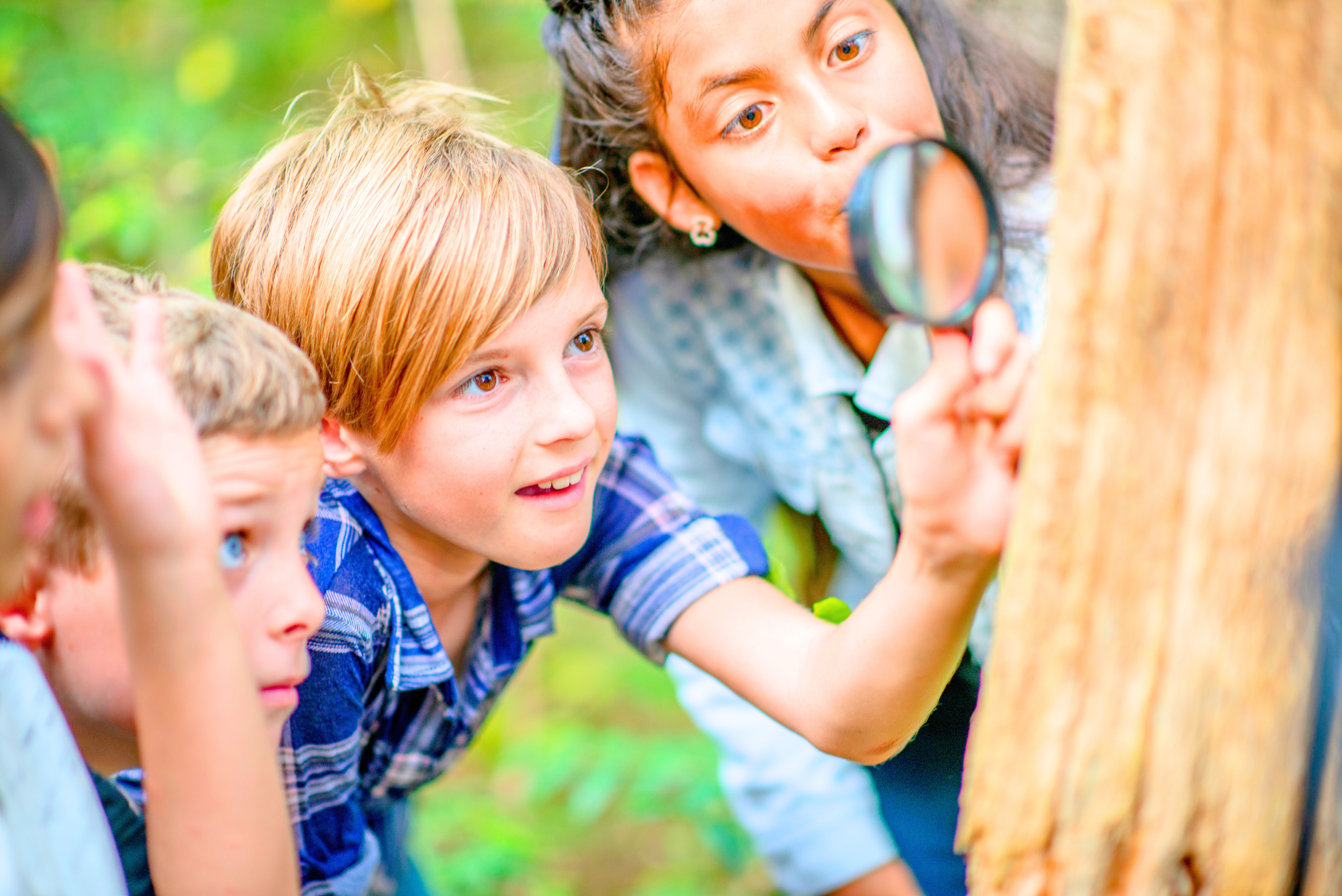
09/11/22
Shifting Sands
Having largely emerged from Covid -19 we have seen a shift in the definition of education. Many parents having experienced home based education now have a renewed respect for the work of teachers. However for a growing number of families there is recognition that our current factory model schools conceived in the 1900's, no longer represent the best fit for their children. This new sense of reality has not been without swift response from Government in the form of the proposed new schools bill, this appears to represent sweeping legislation in respect of home educating families, on the back of surveys completed prior to 2020. This irrespective of a post COVID tide of realisation, that it is simply not necessary to sit in the same seat at the same location for a specified period of time, following a prescribed curriculum, dictated by an external body of so-called experts. The opportunities for self-directed learning are growing exponentially and for many children this works and works well.
...the times they are a changing

